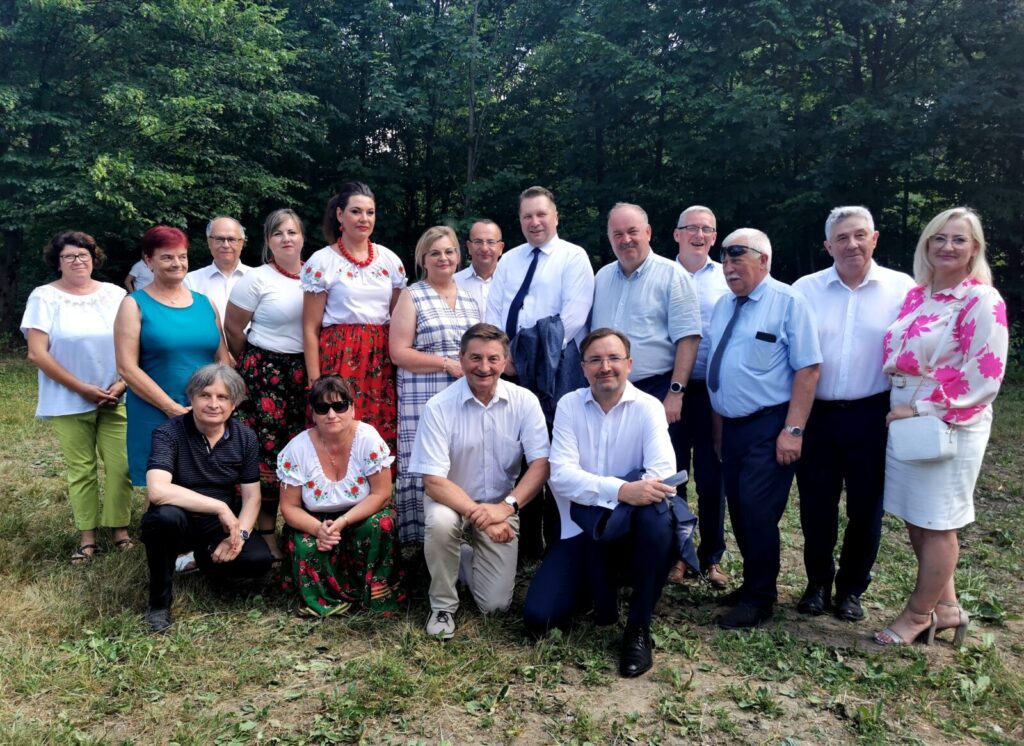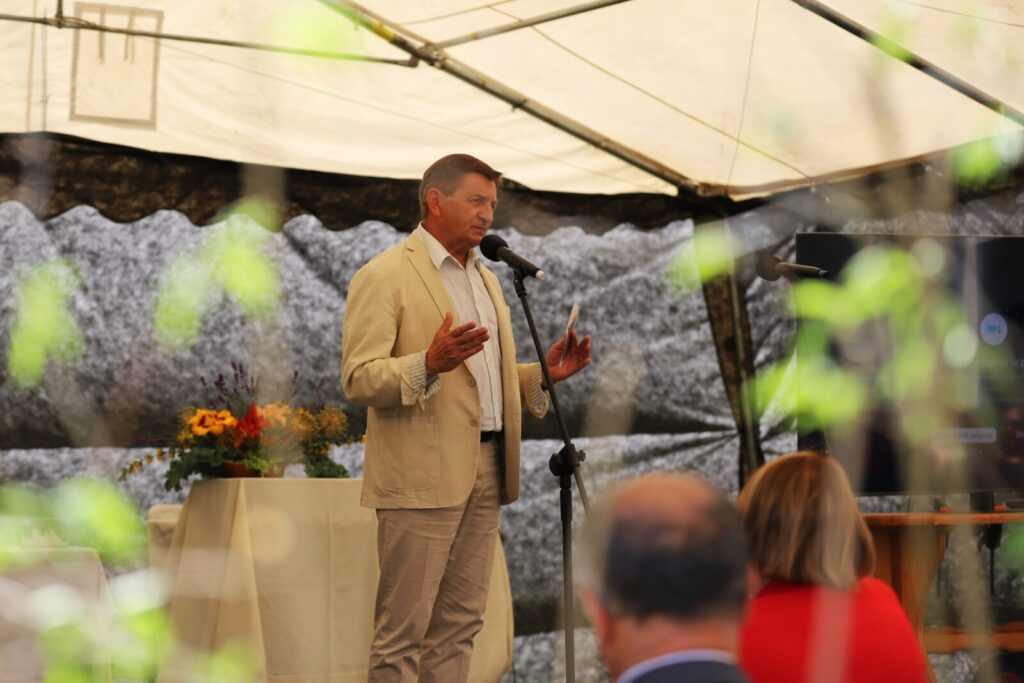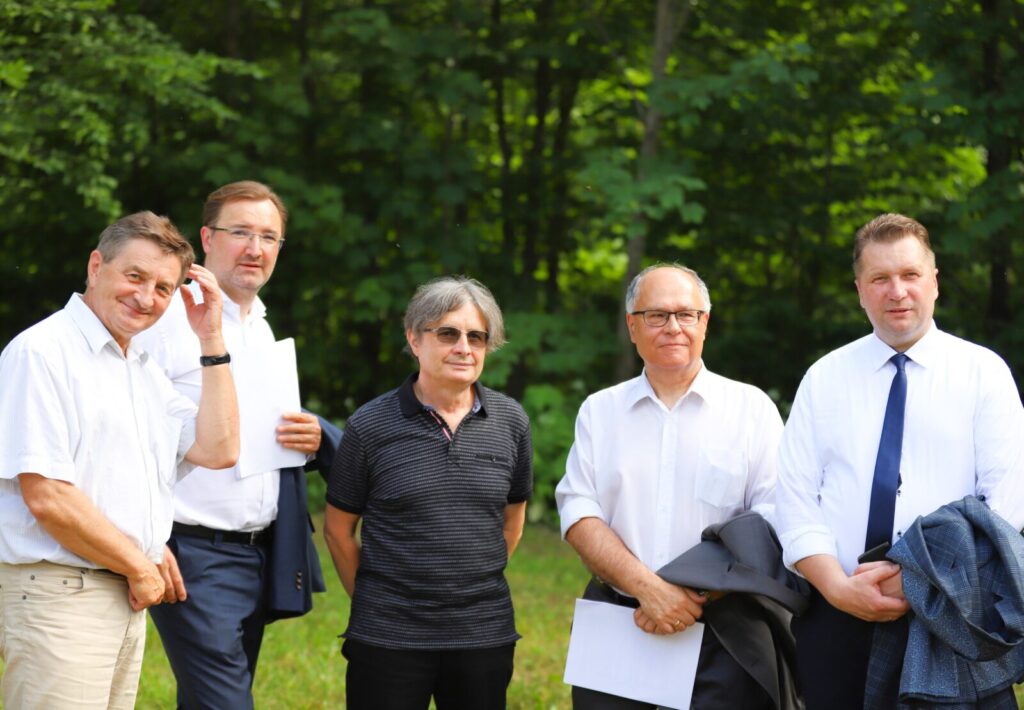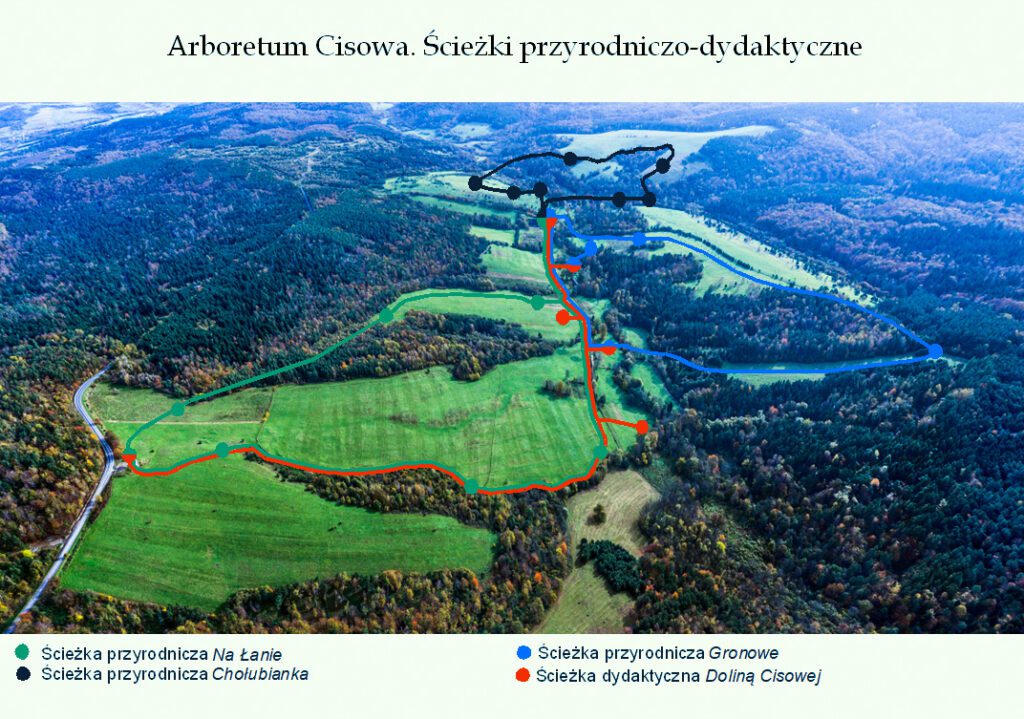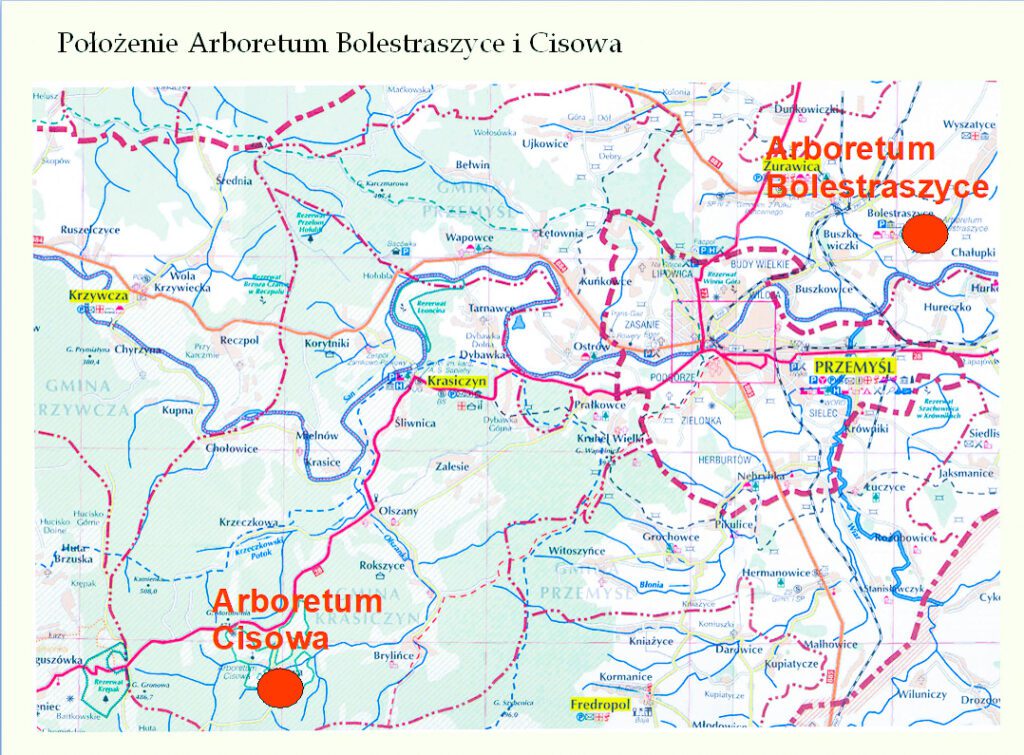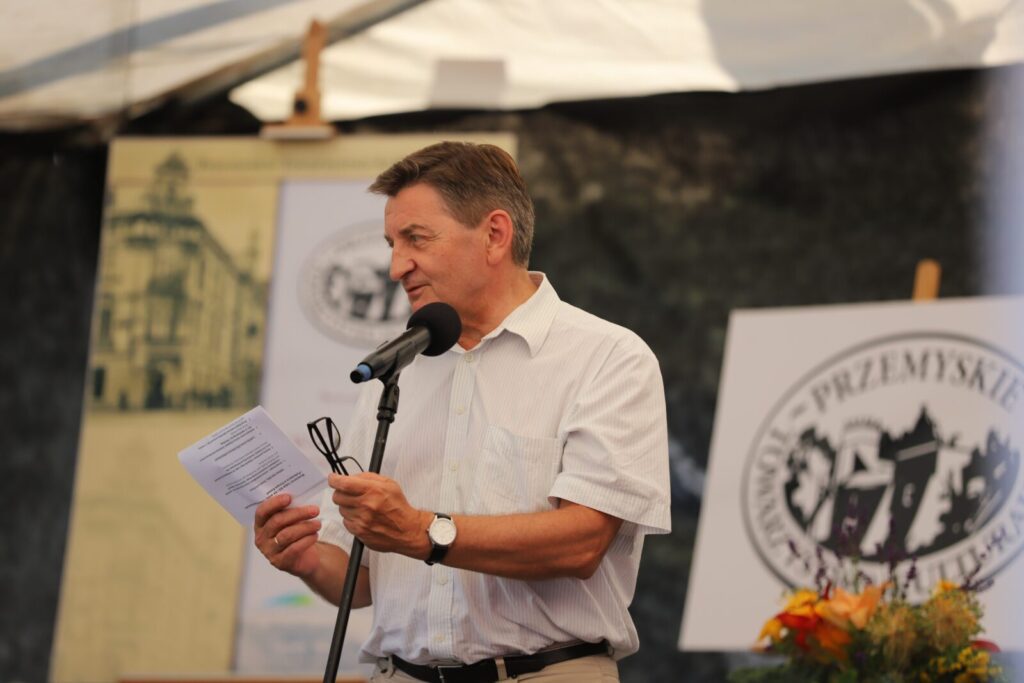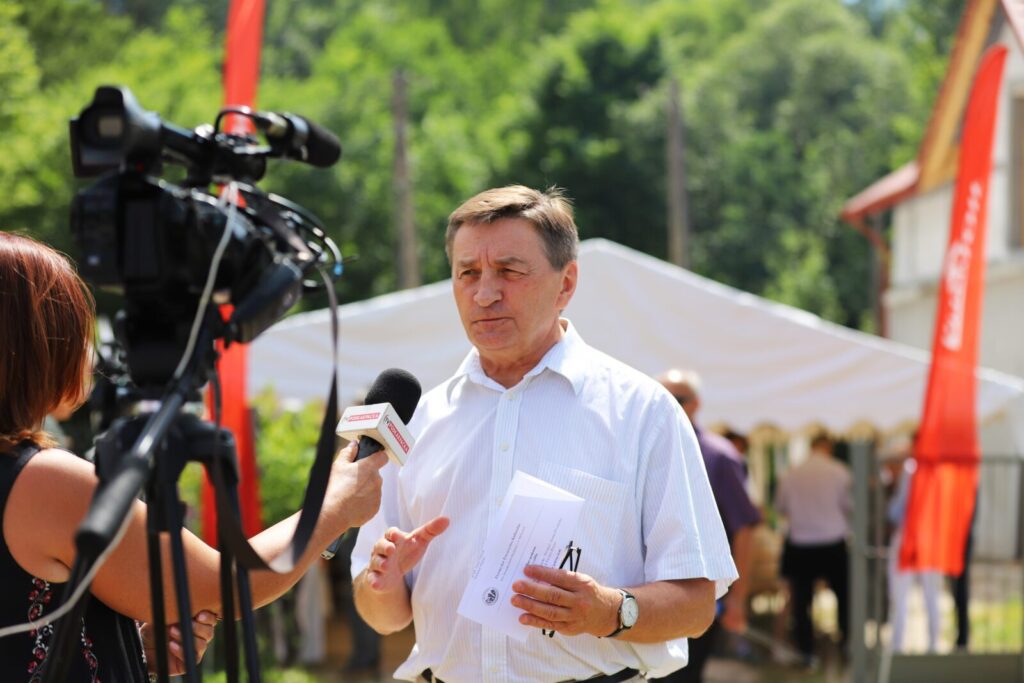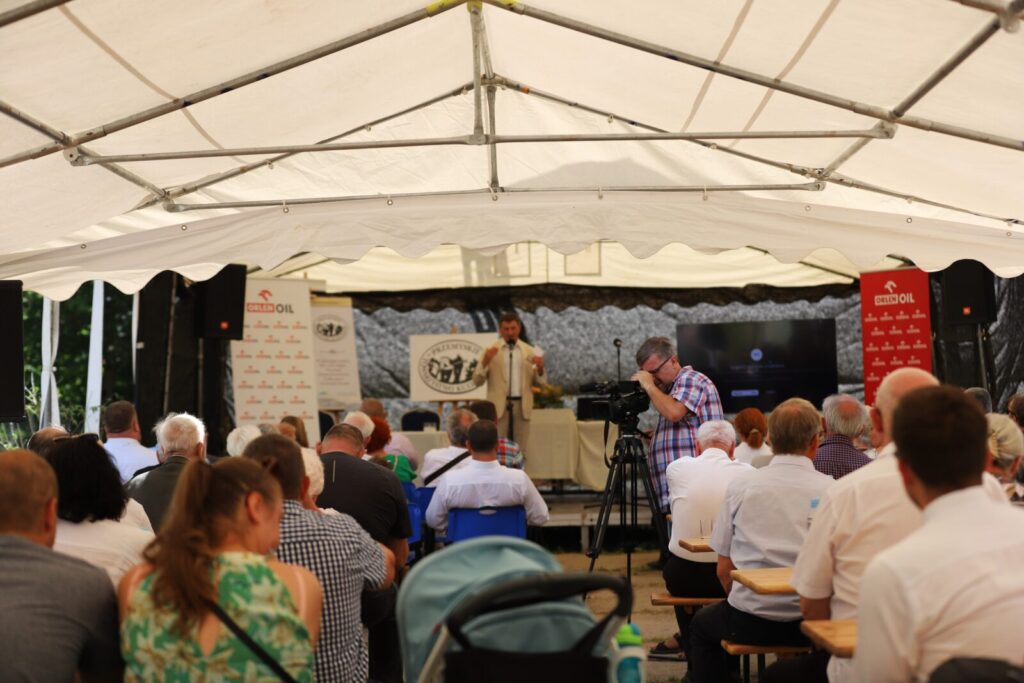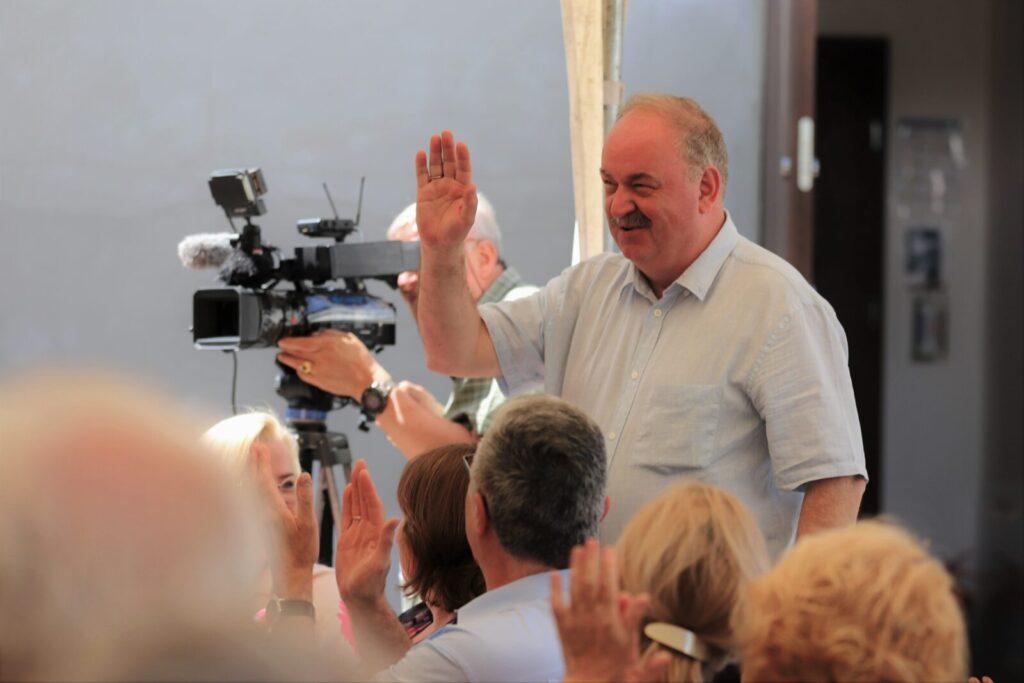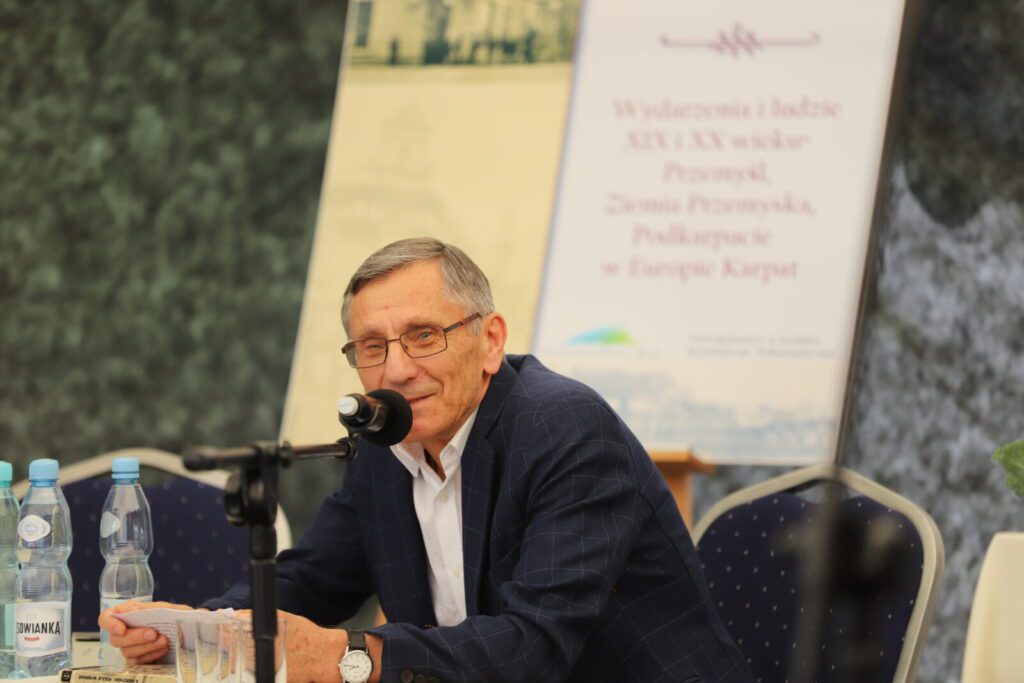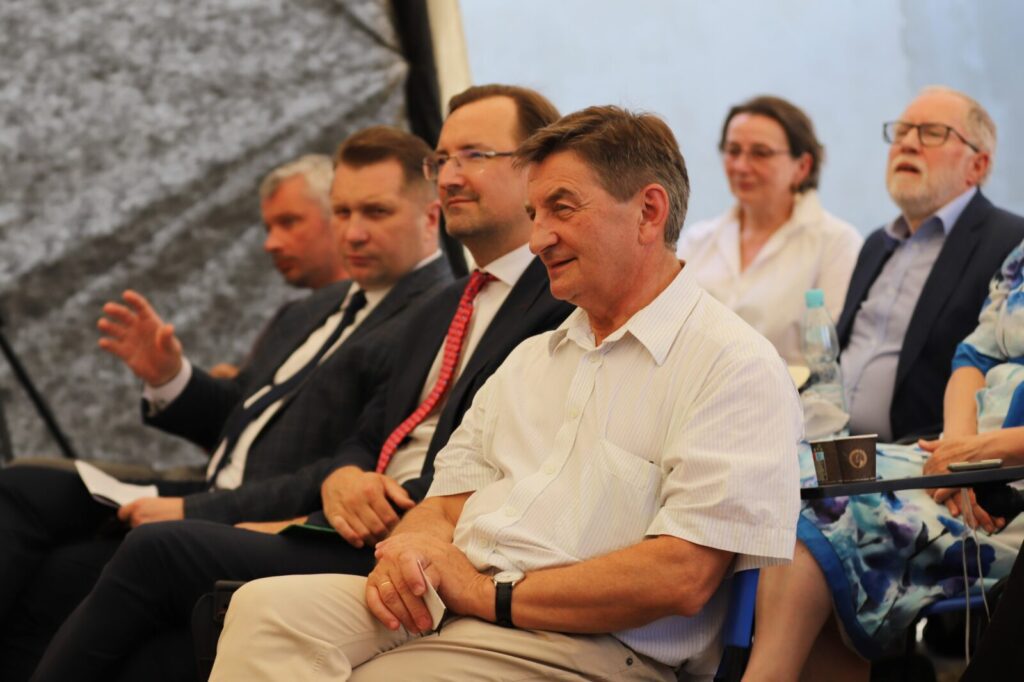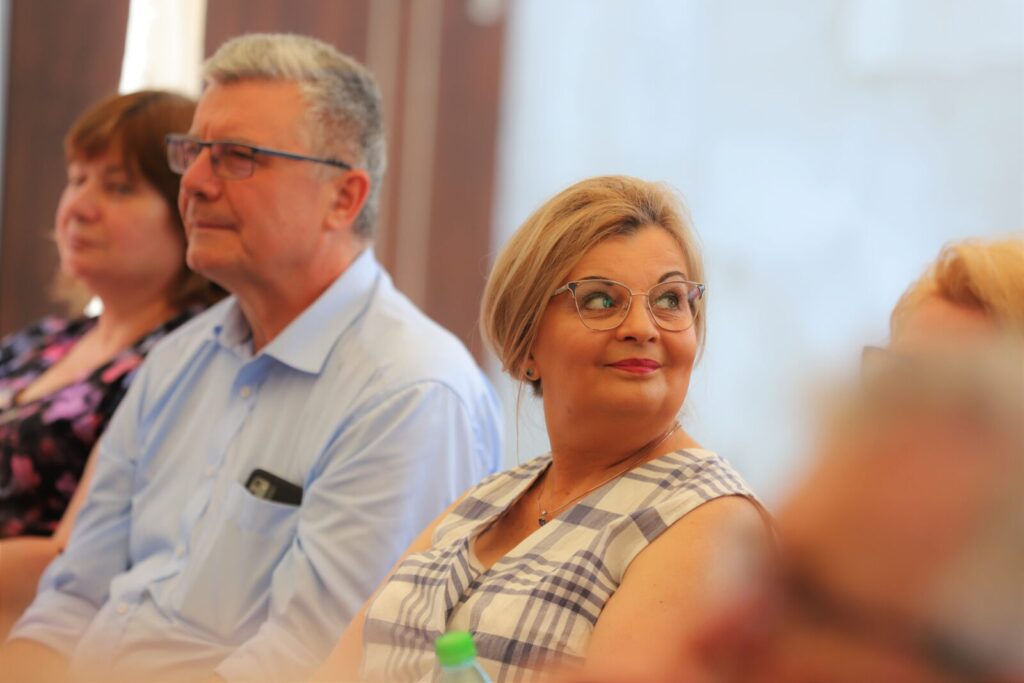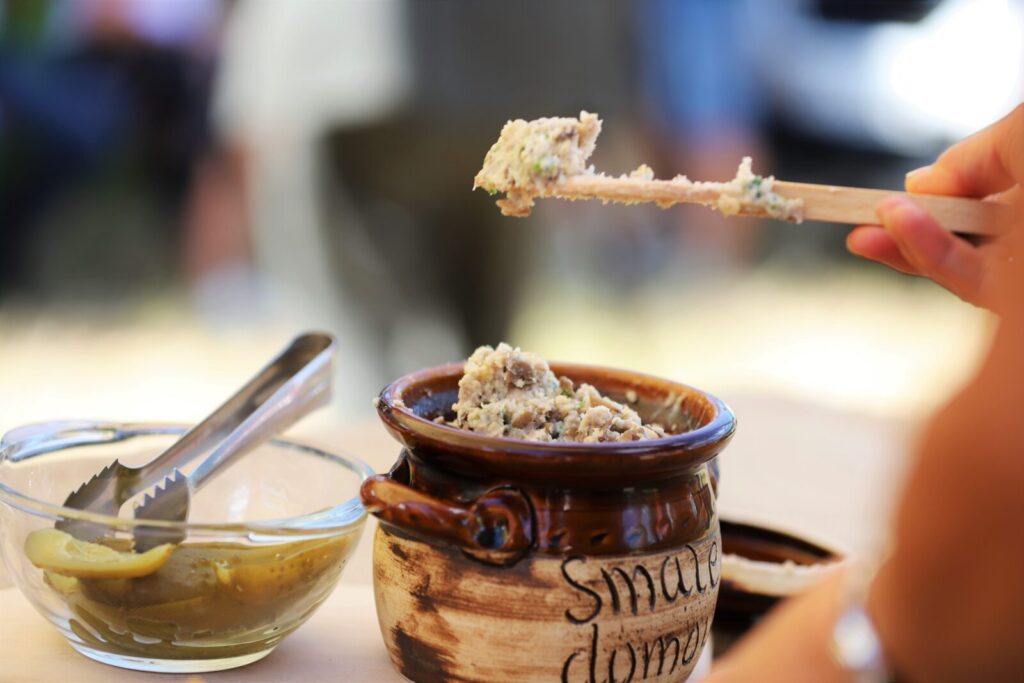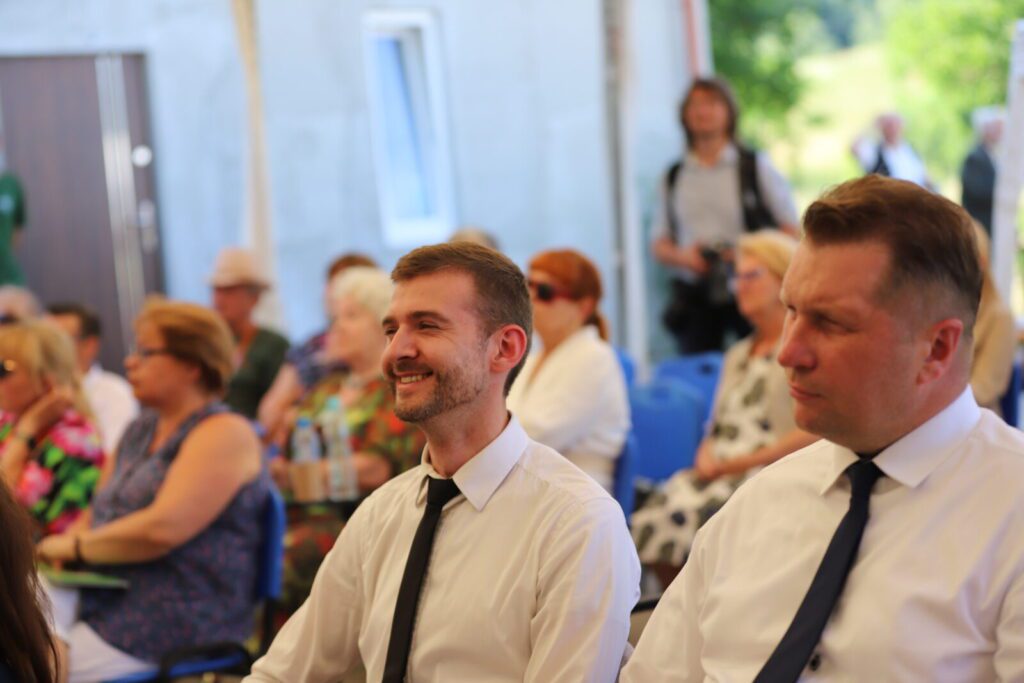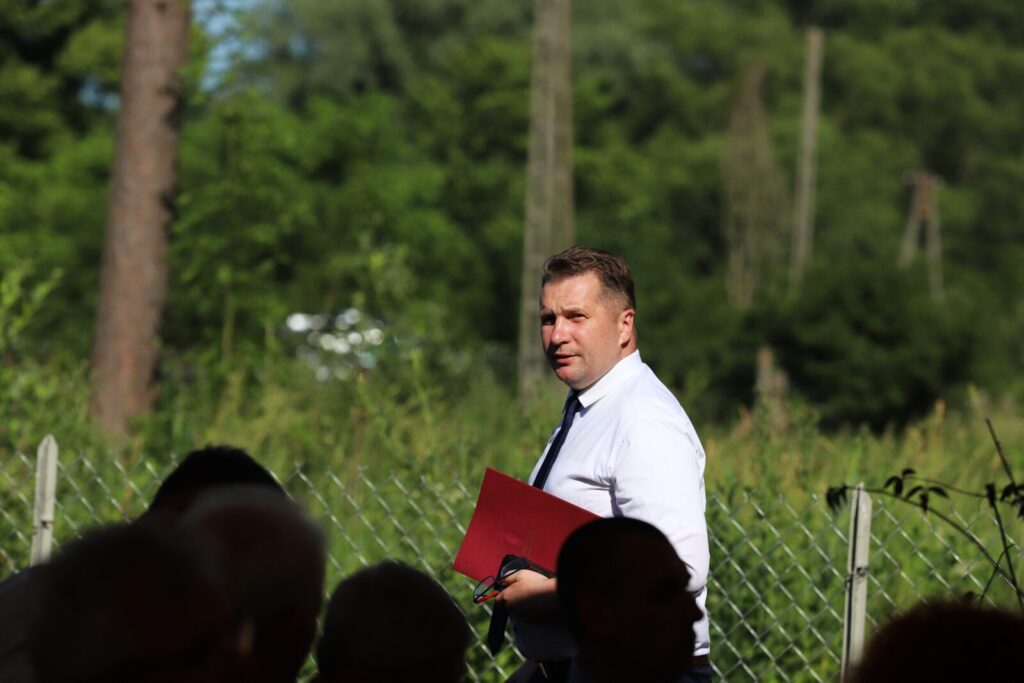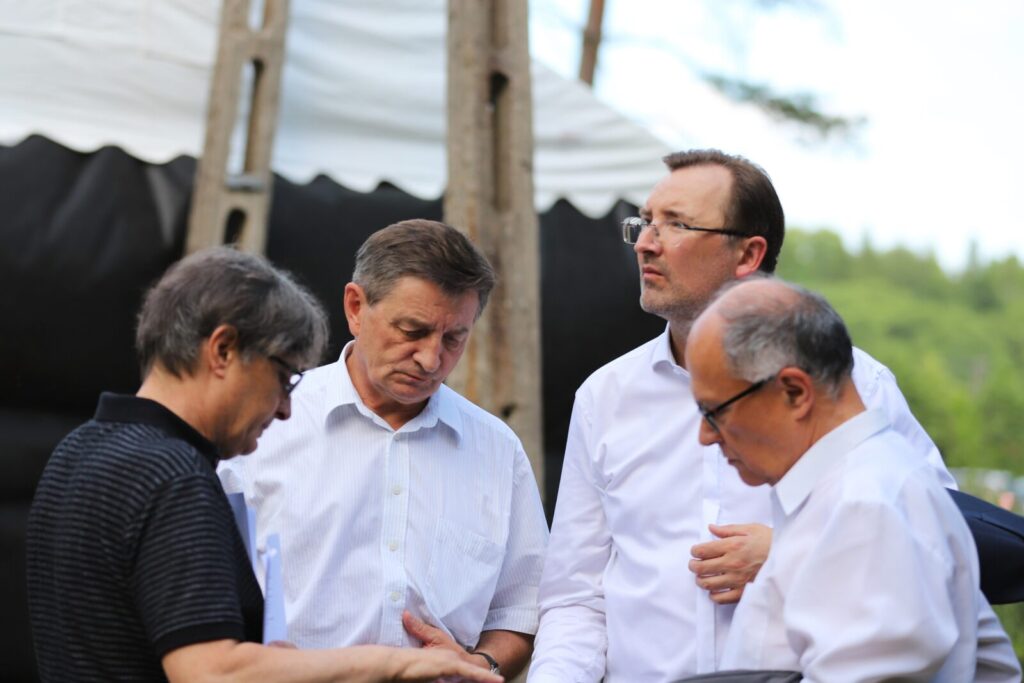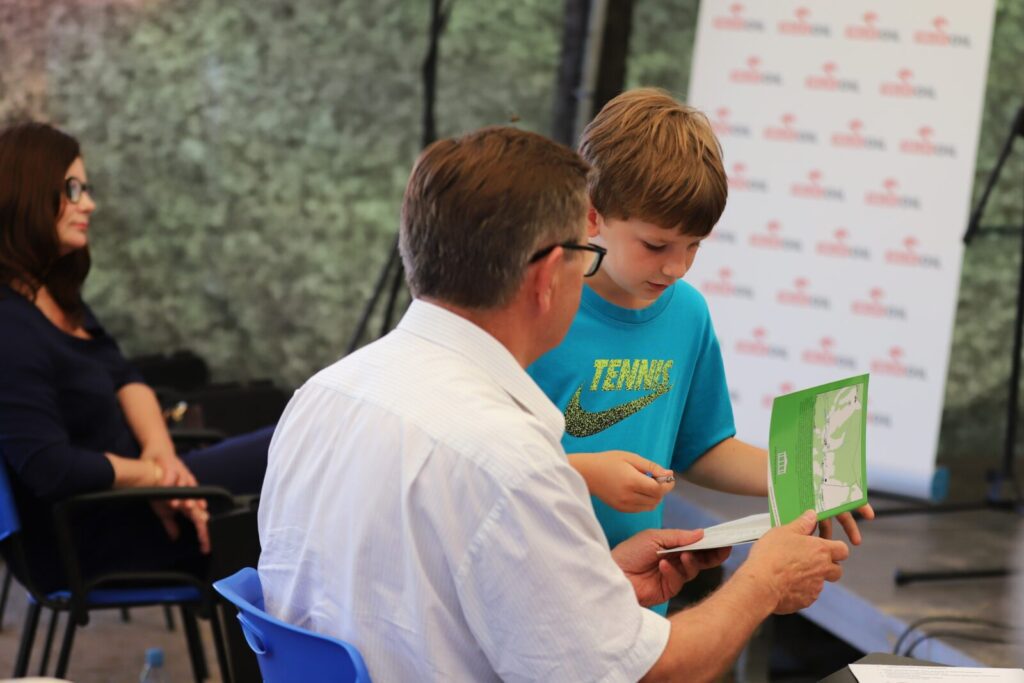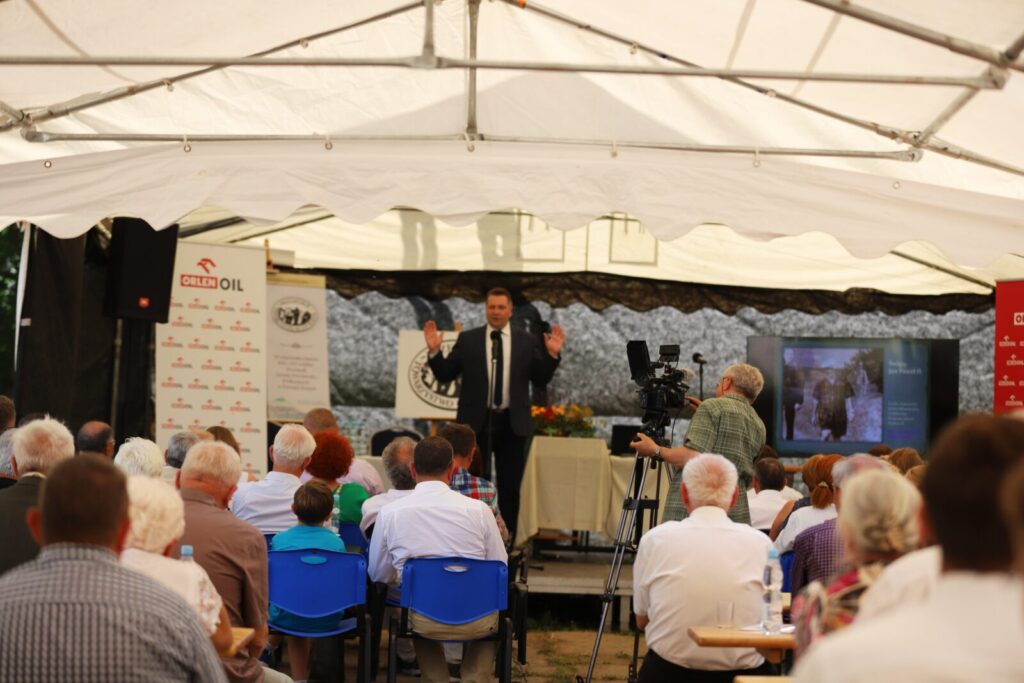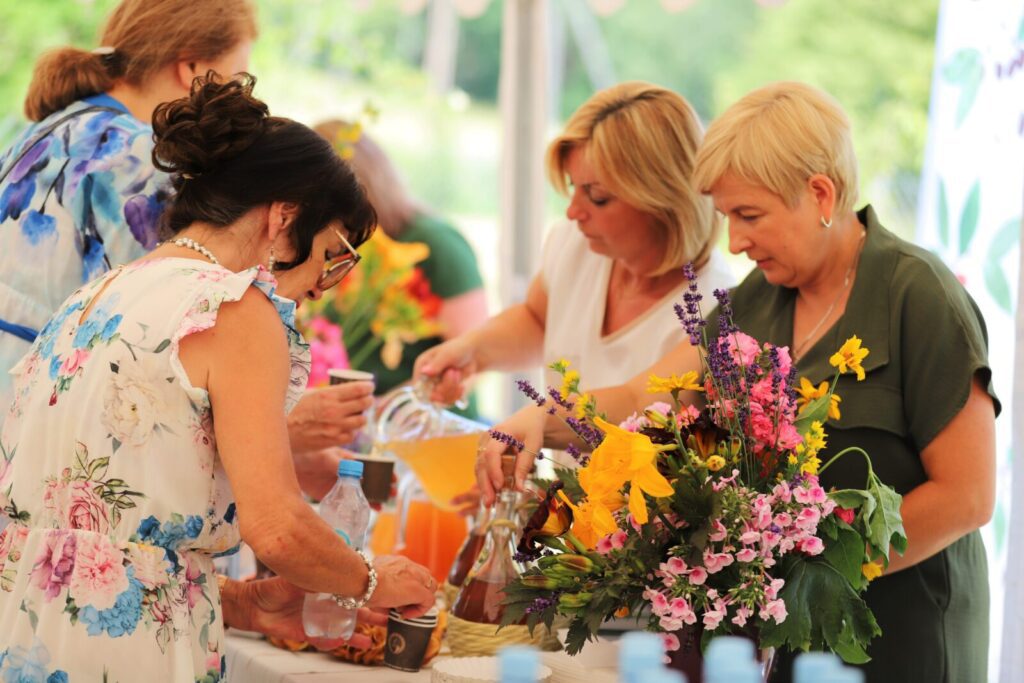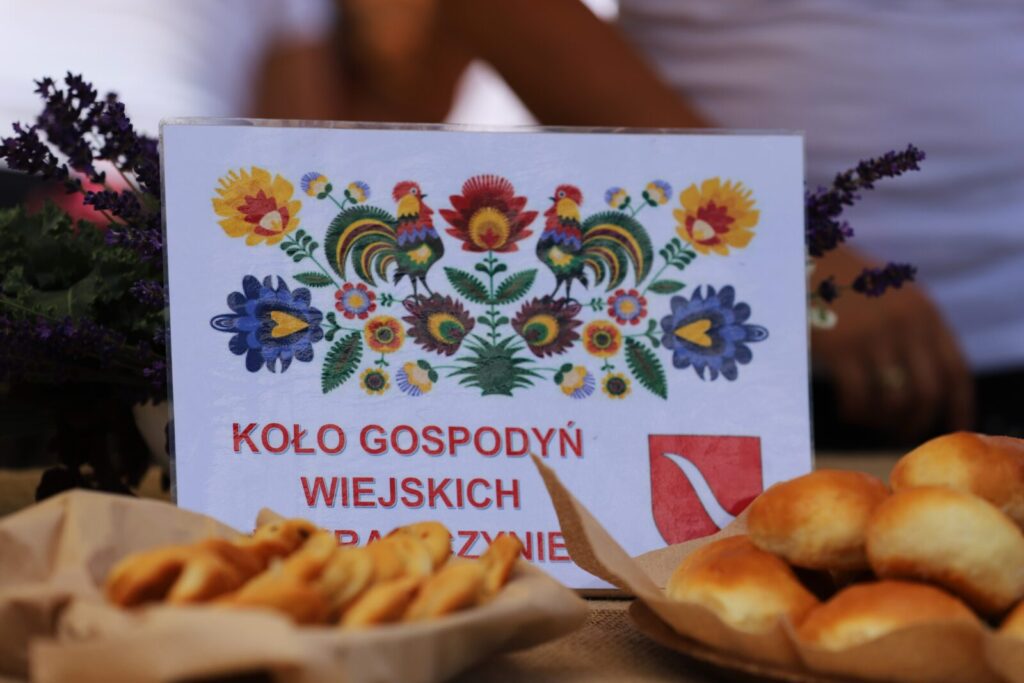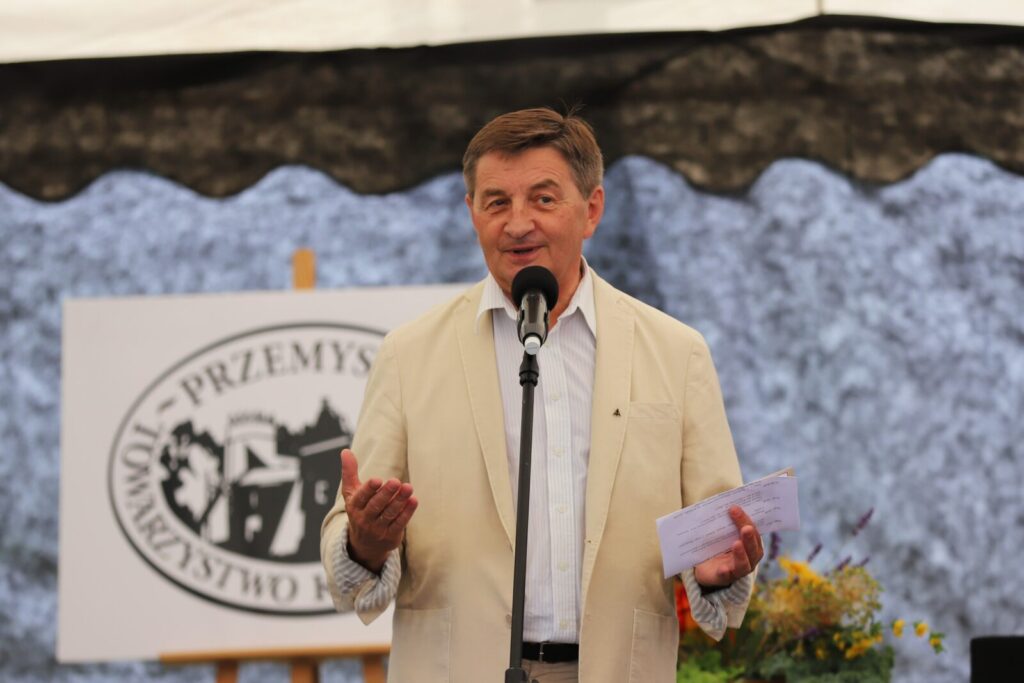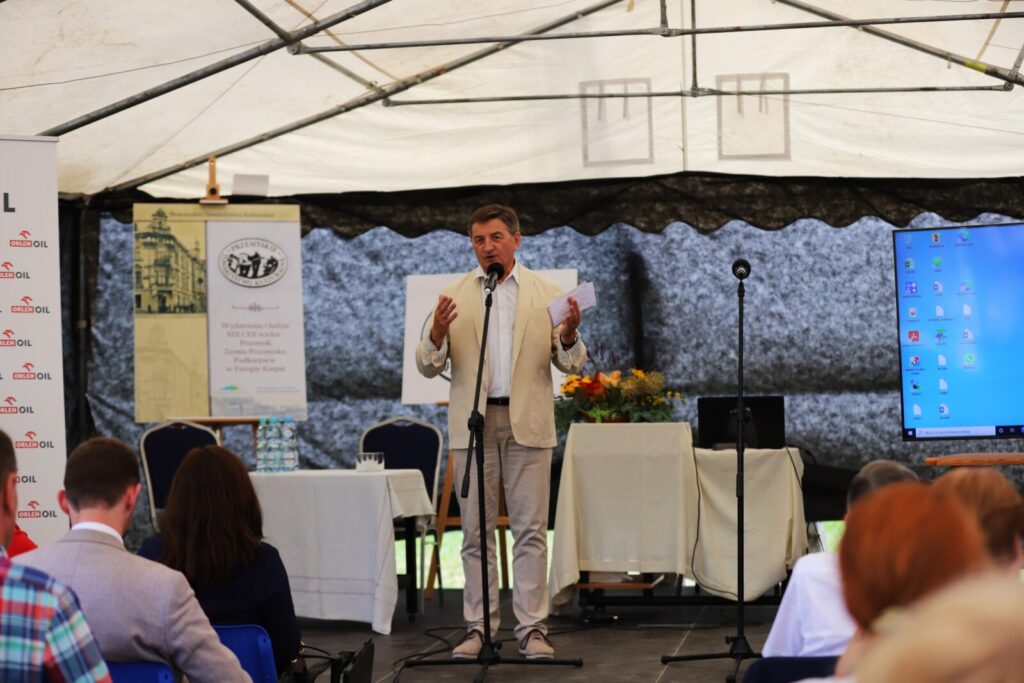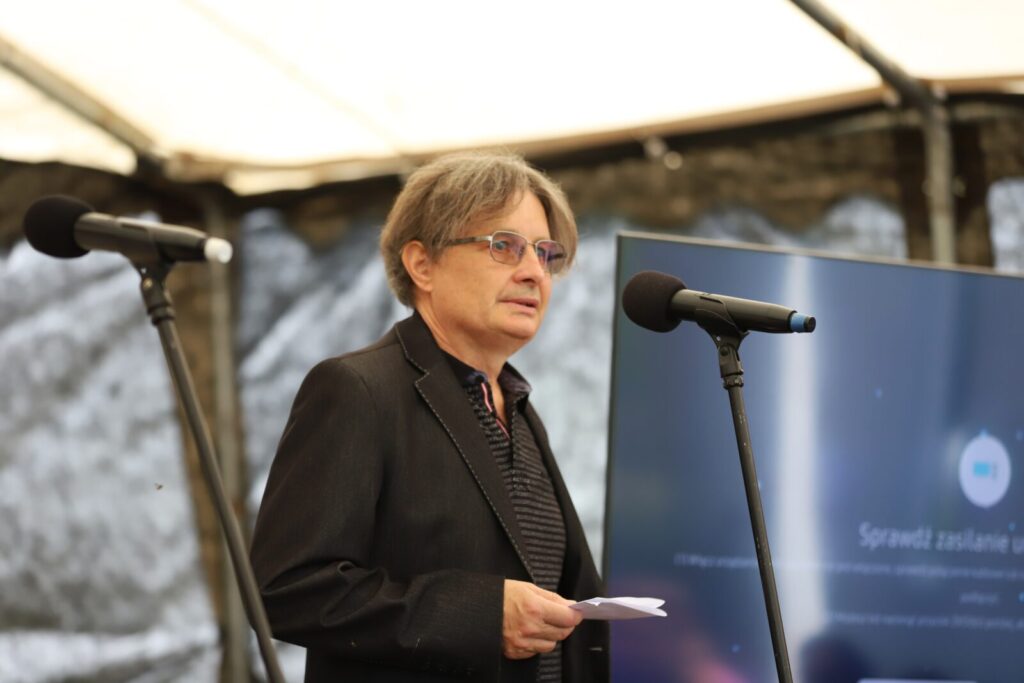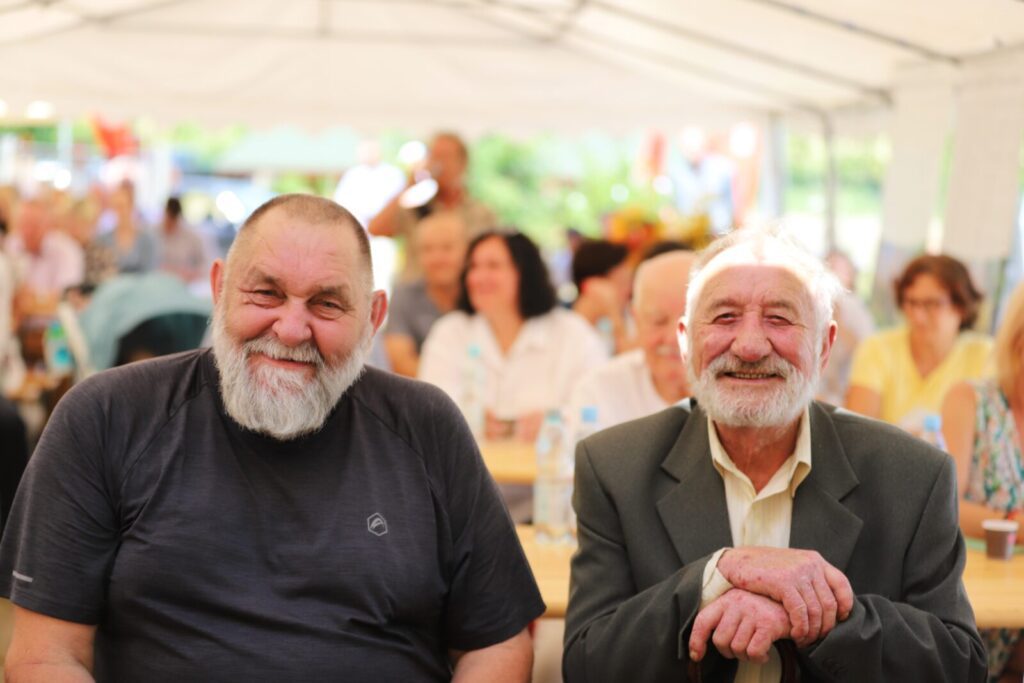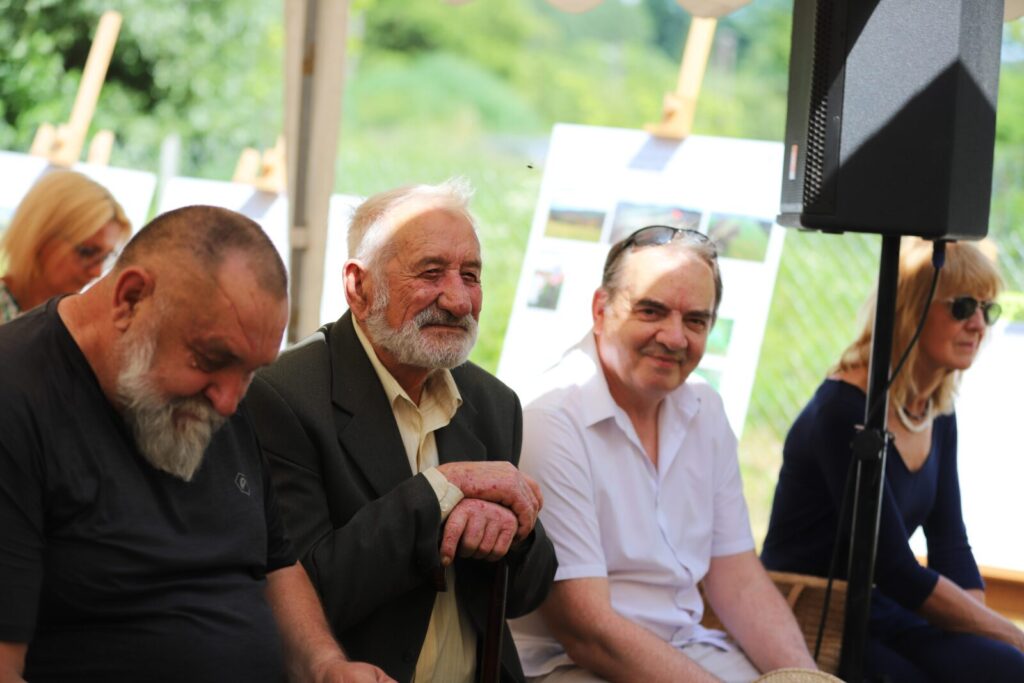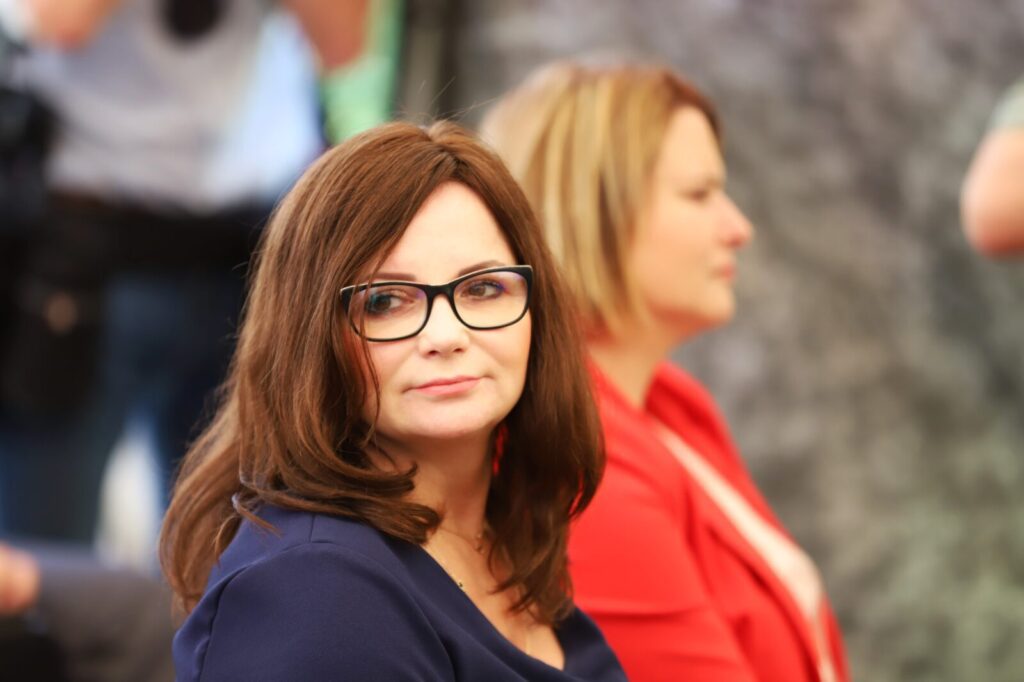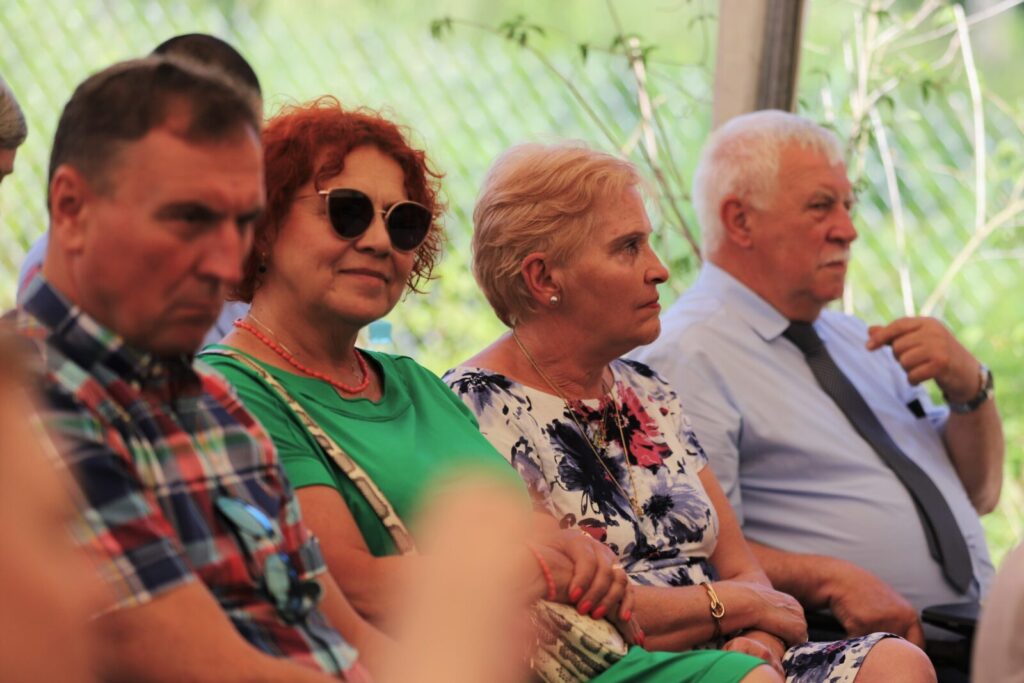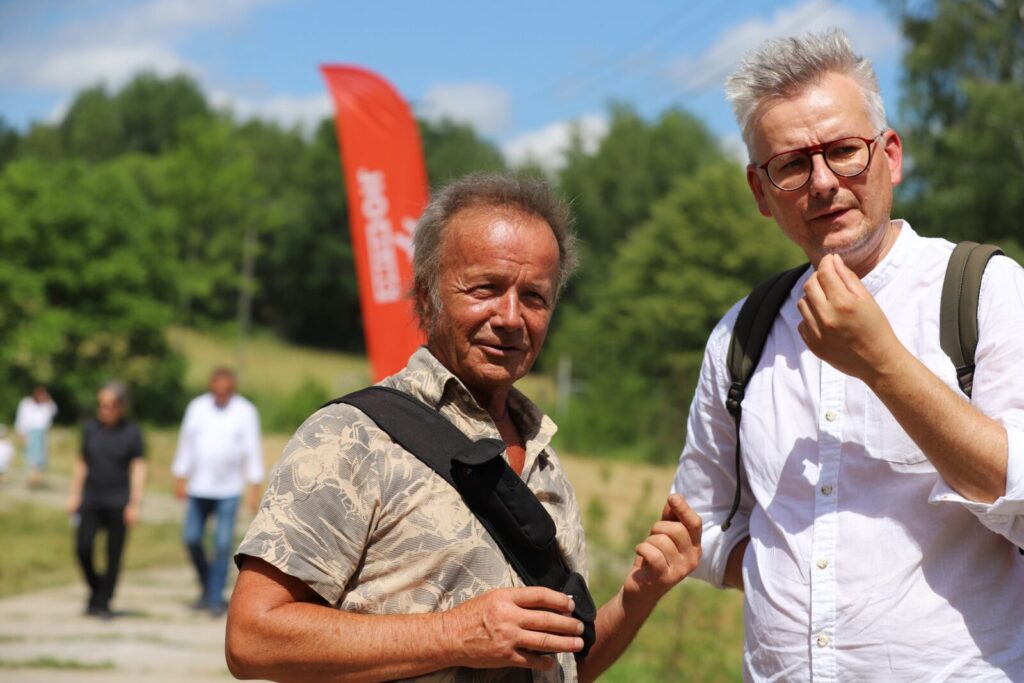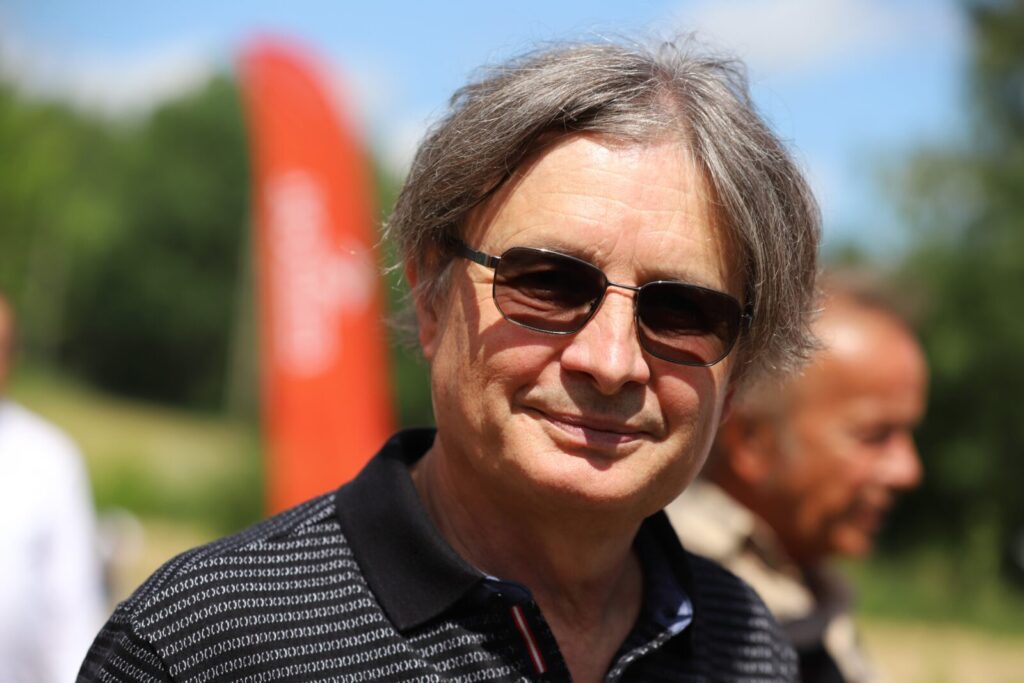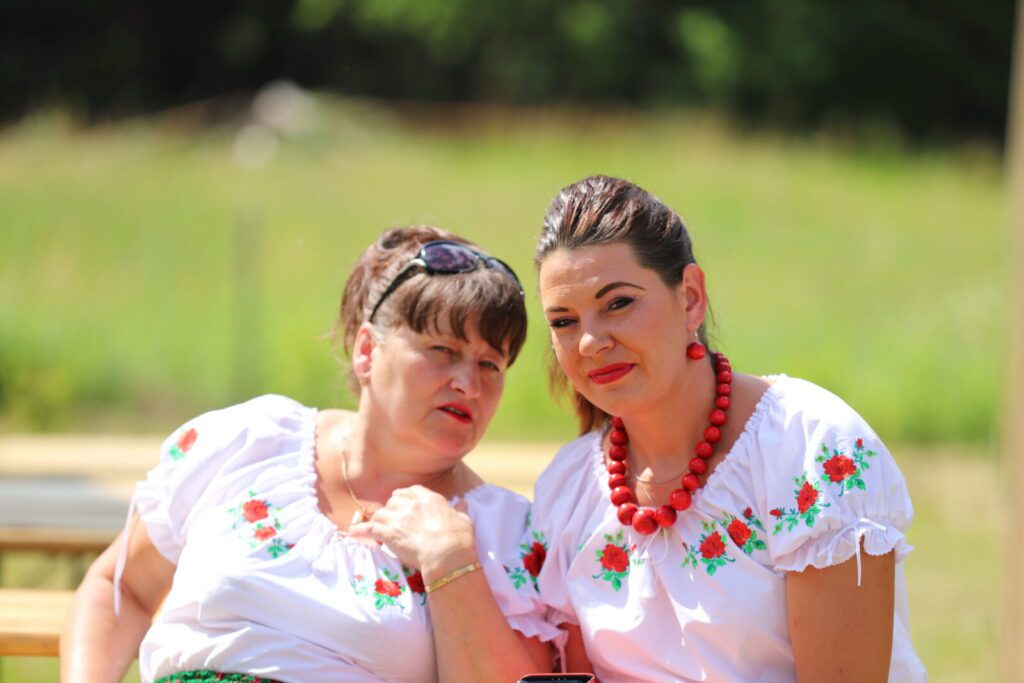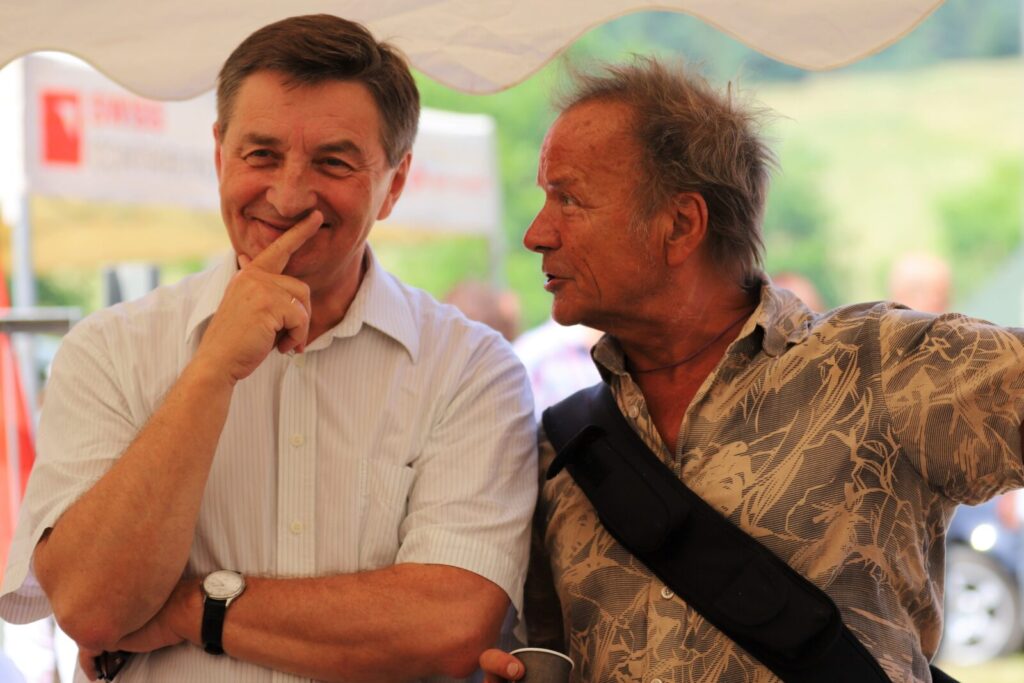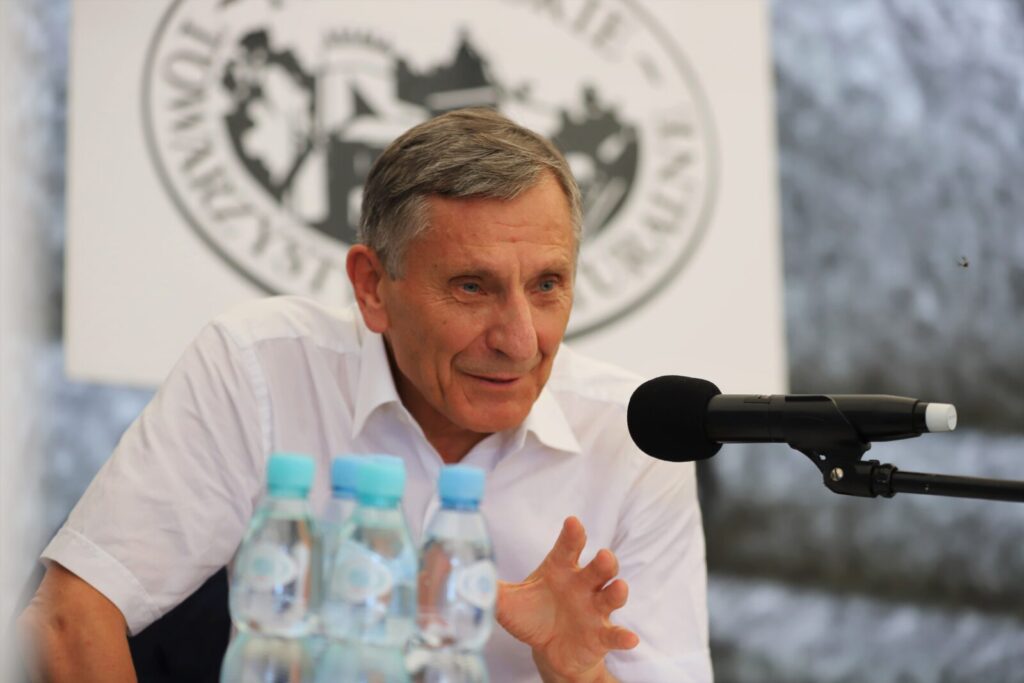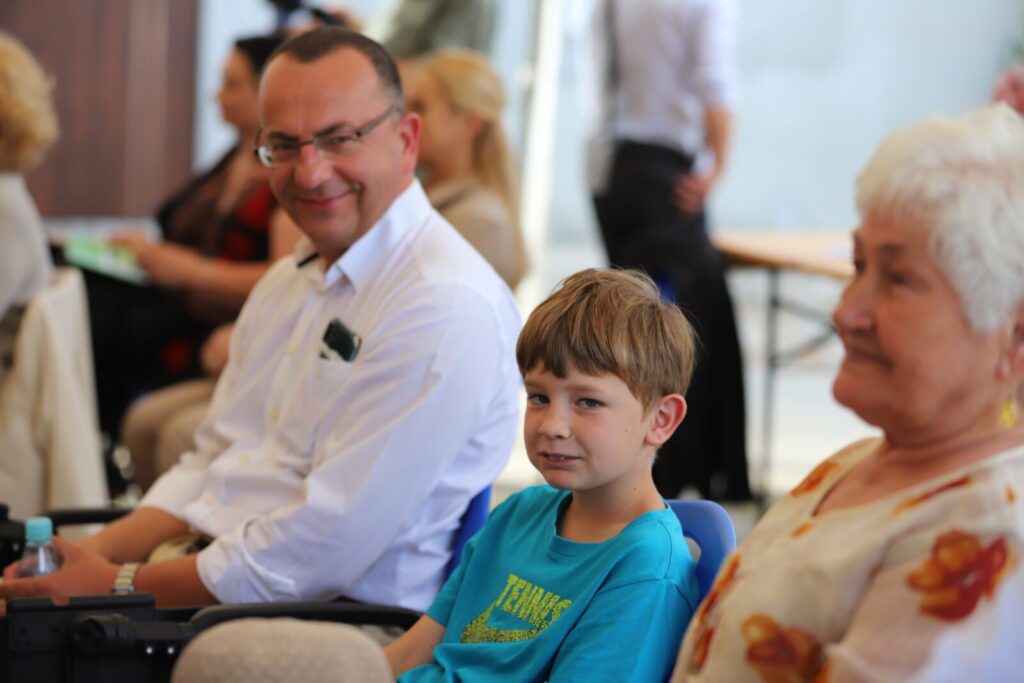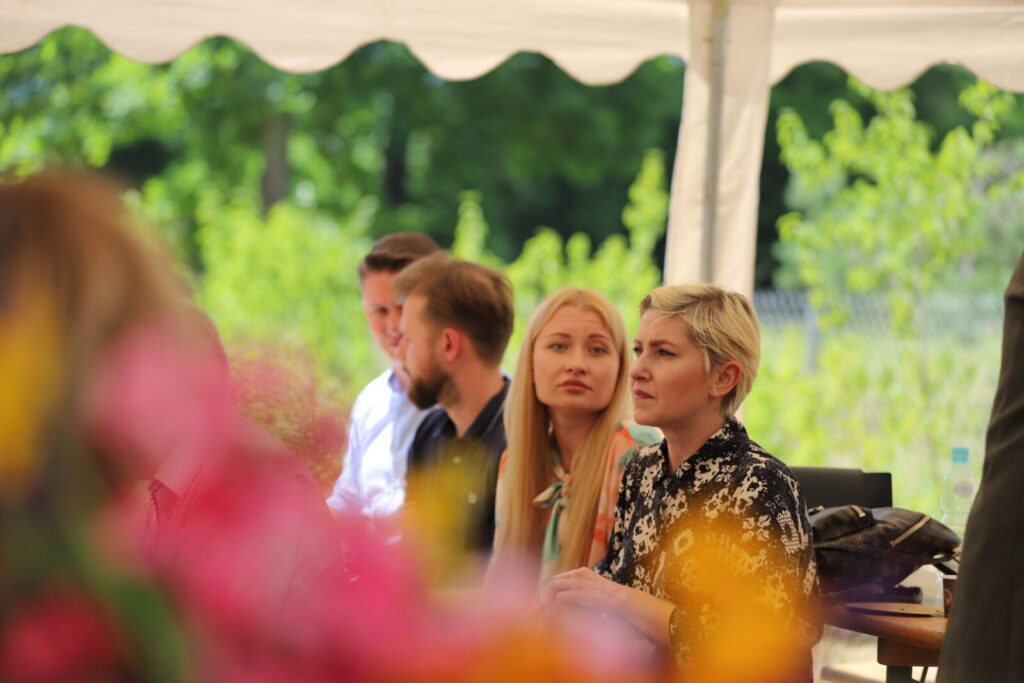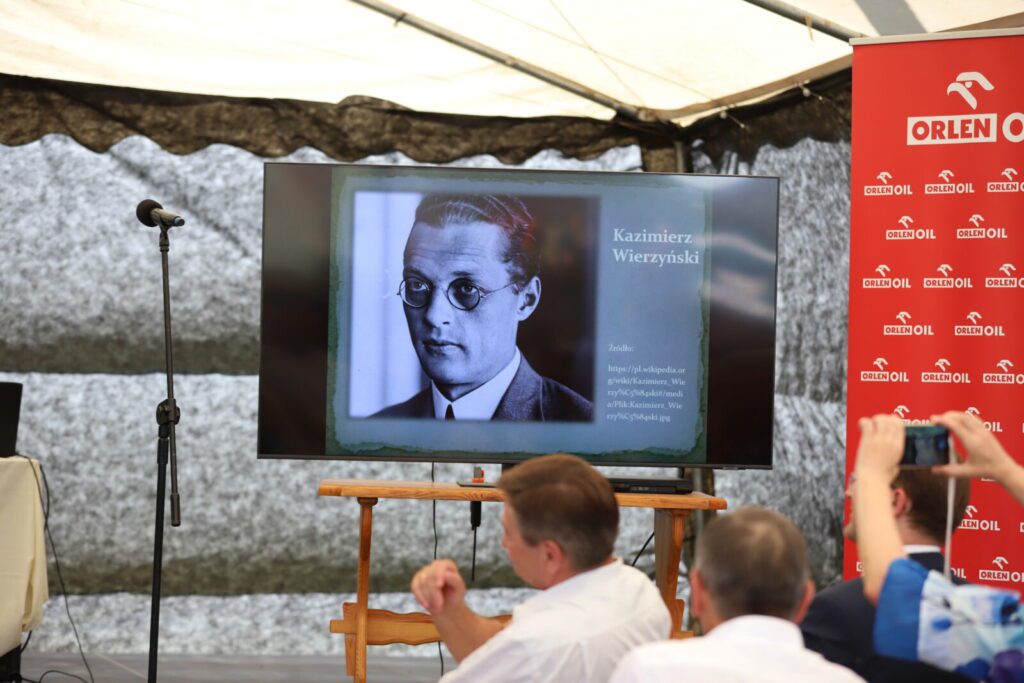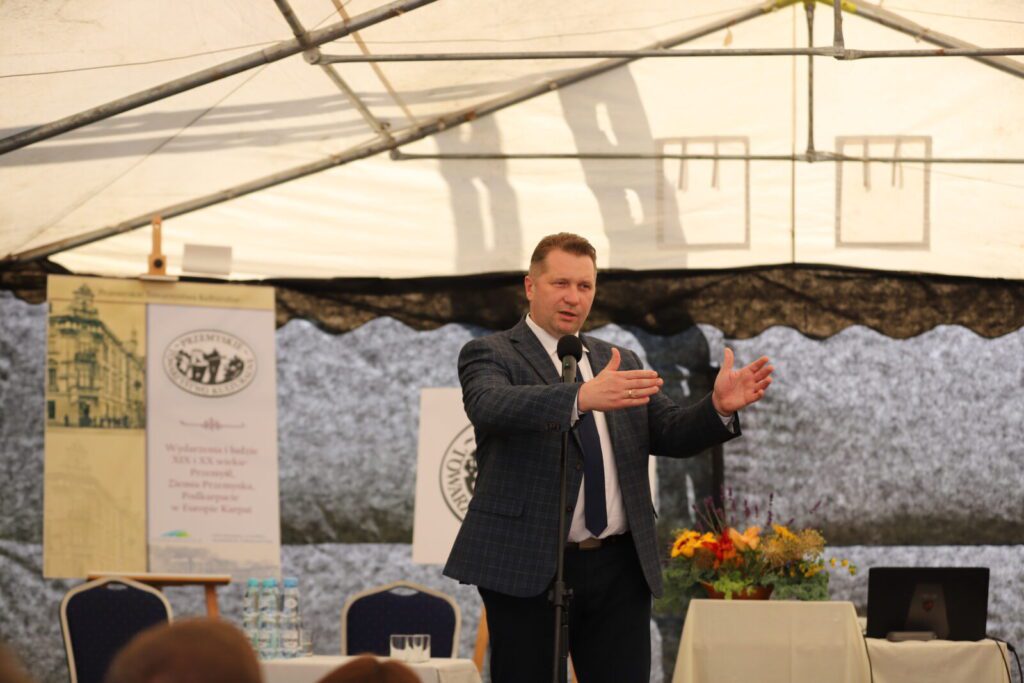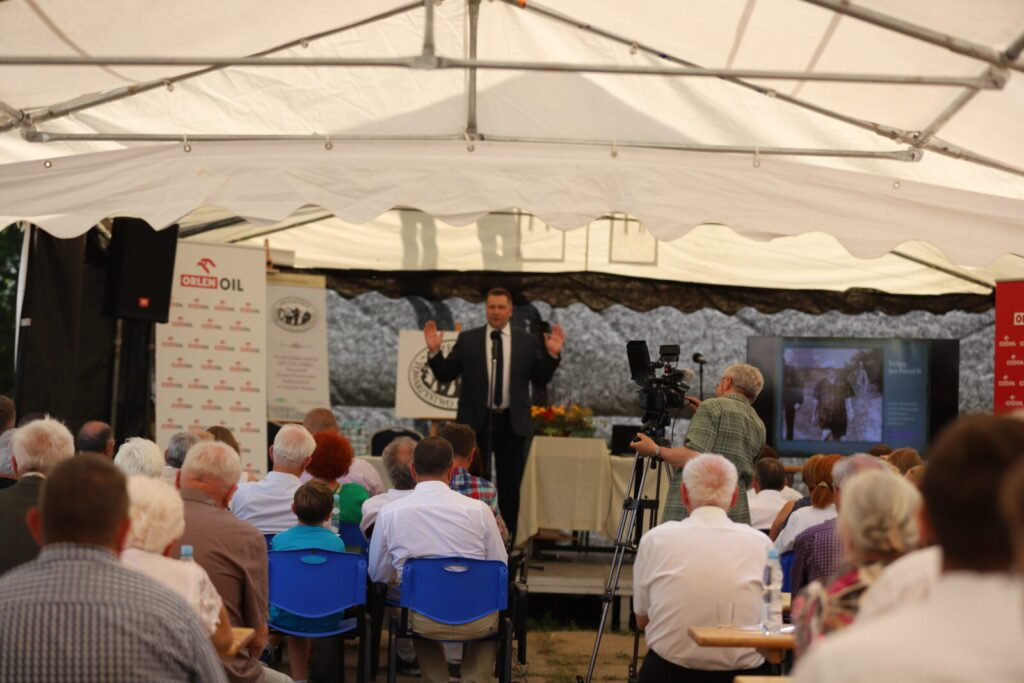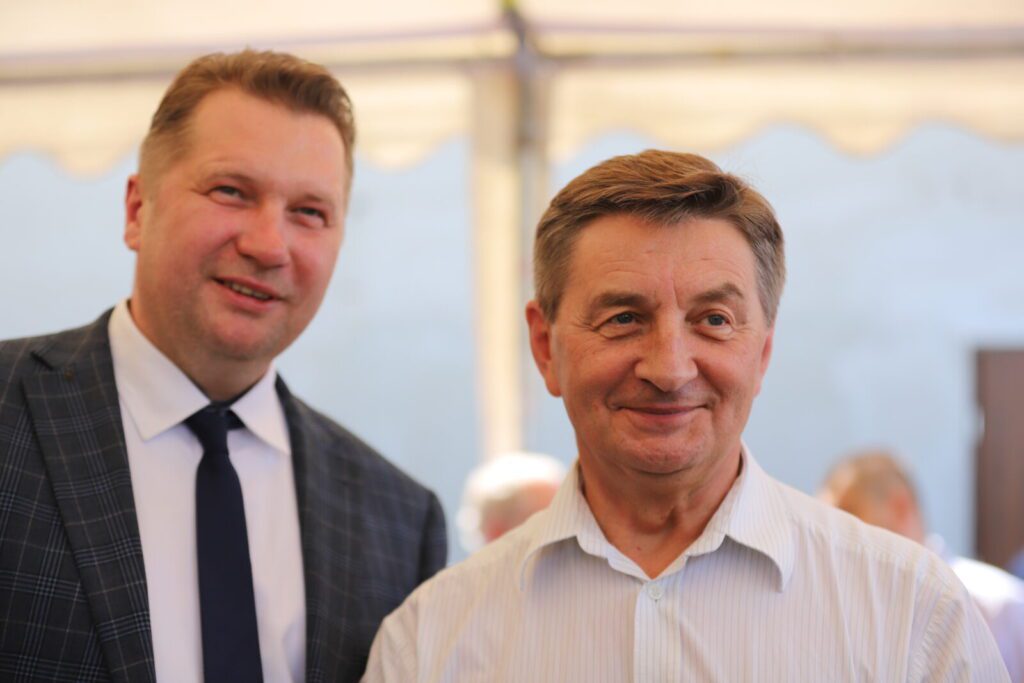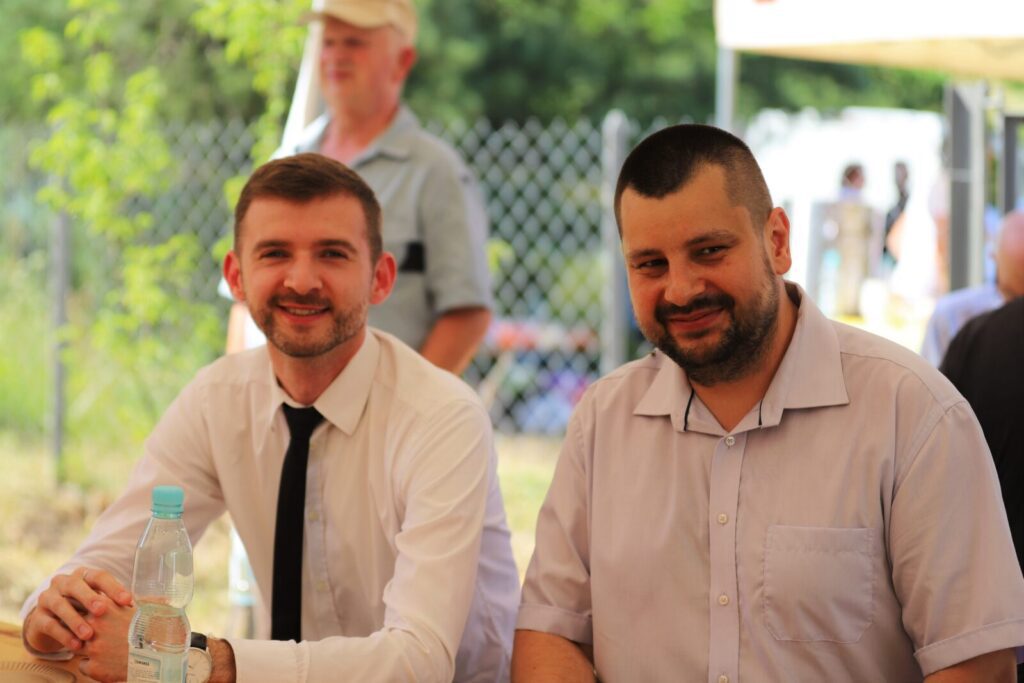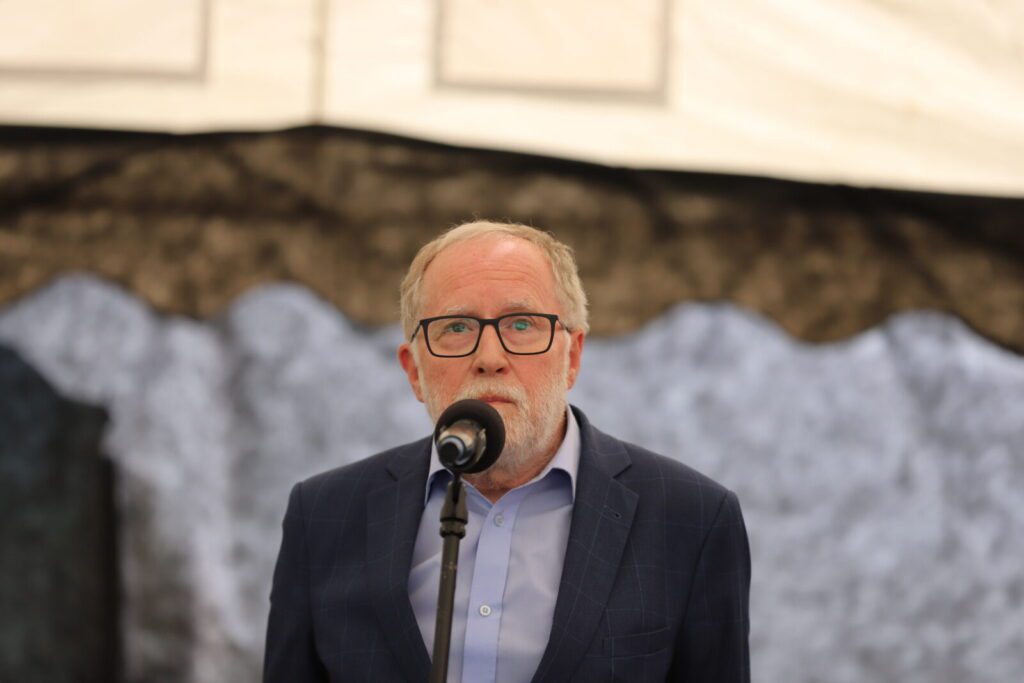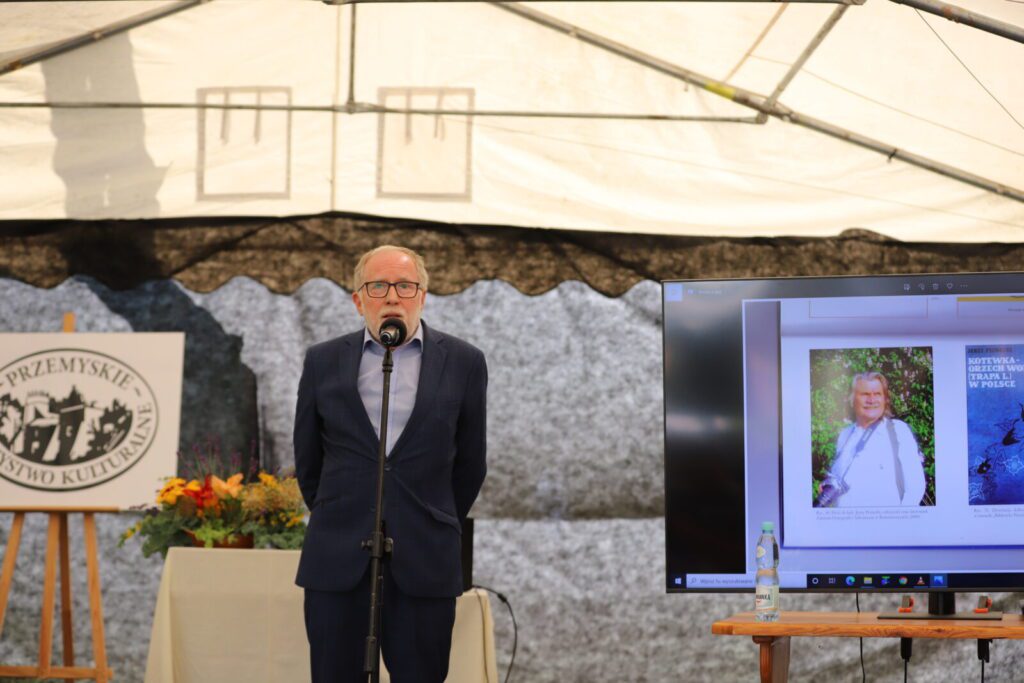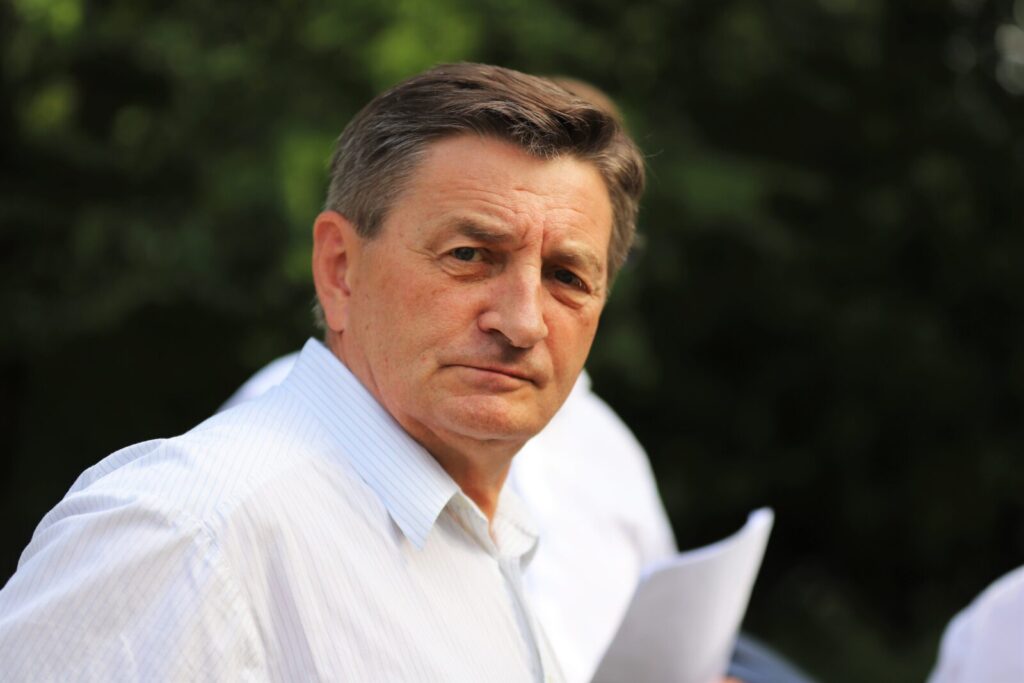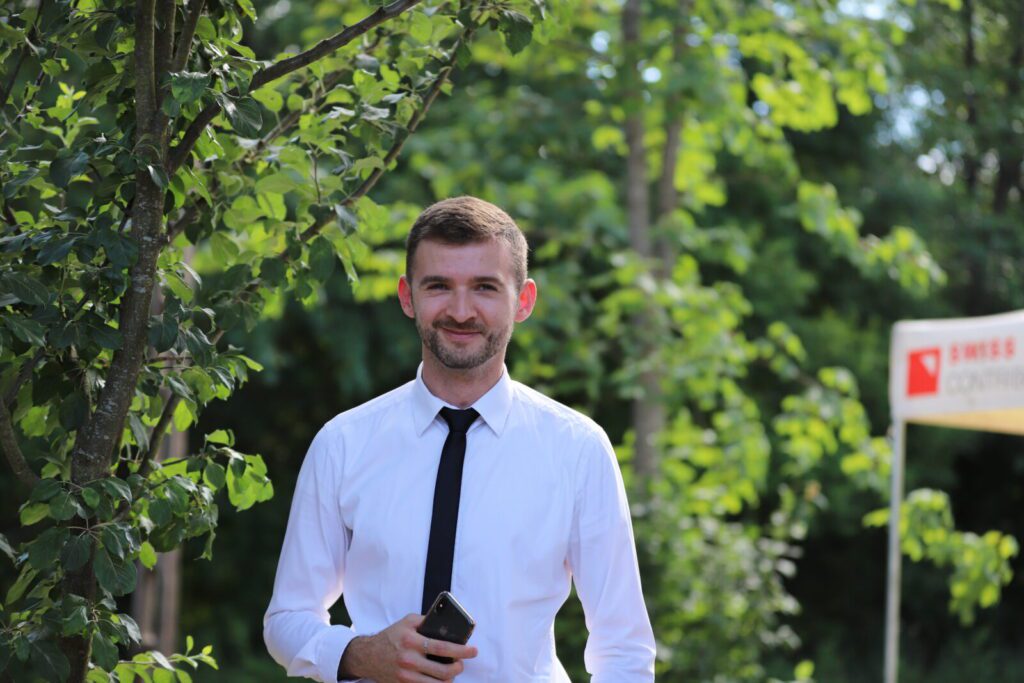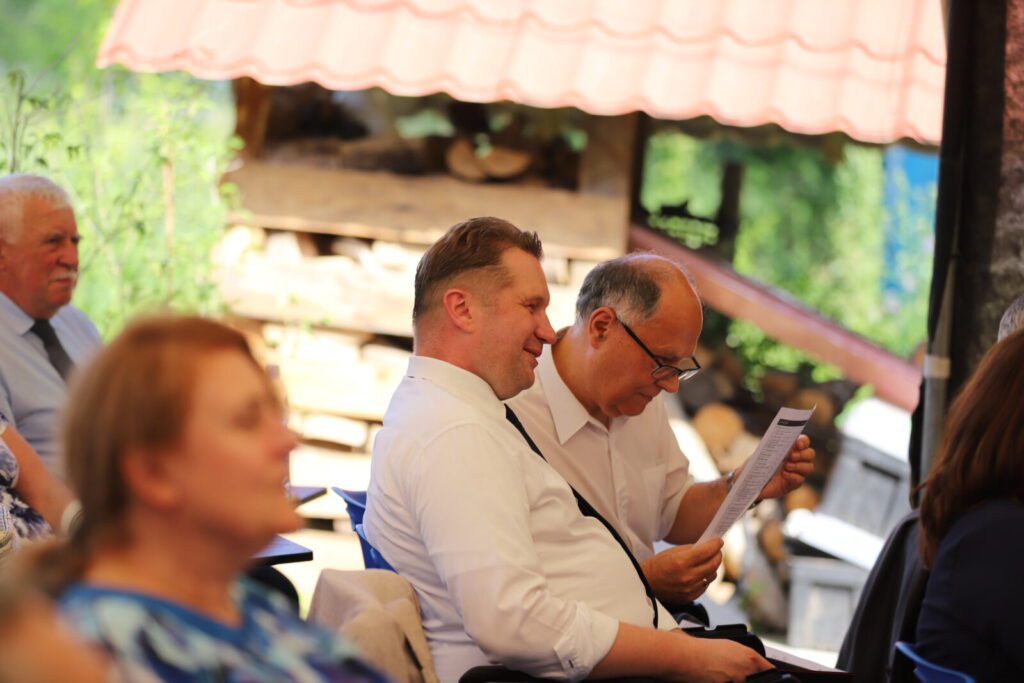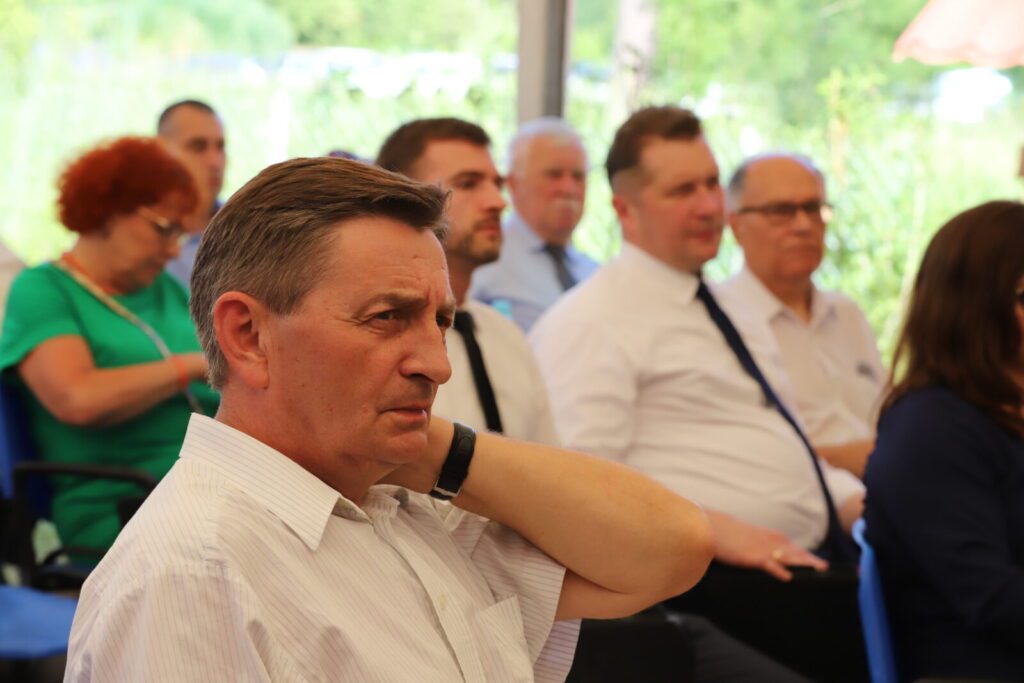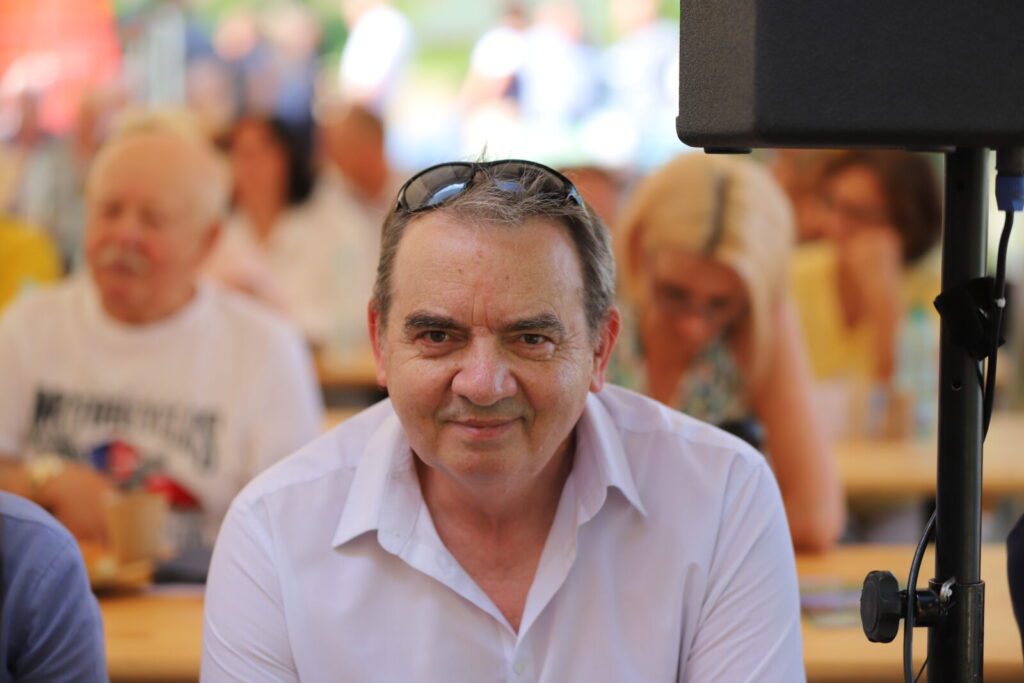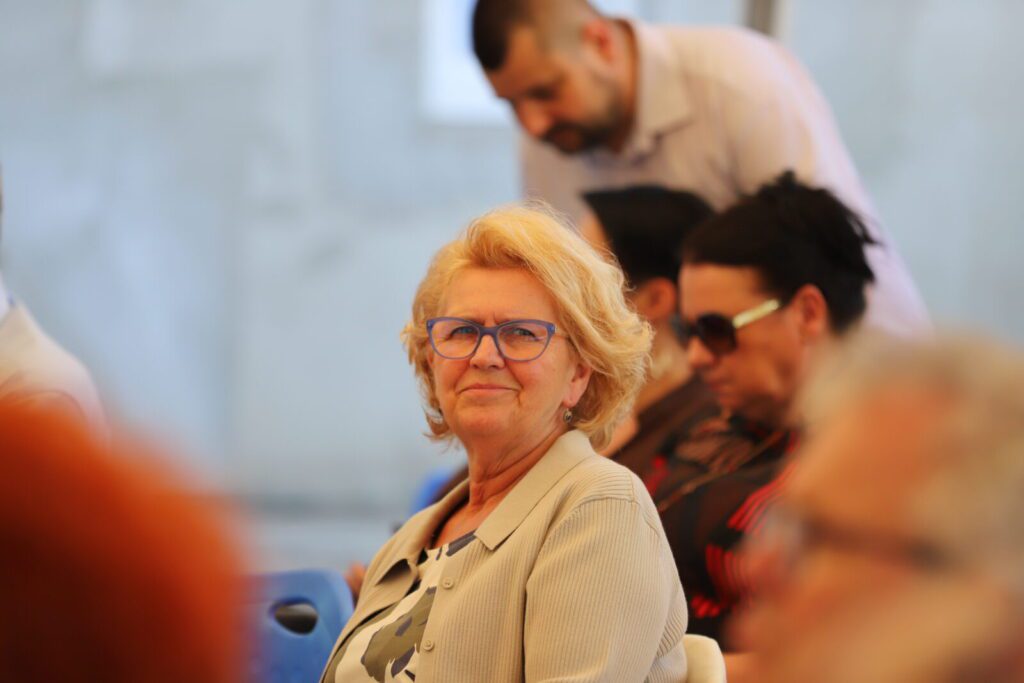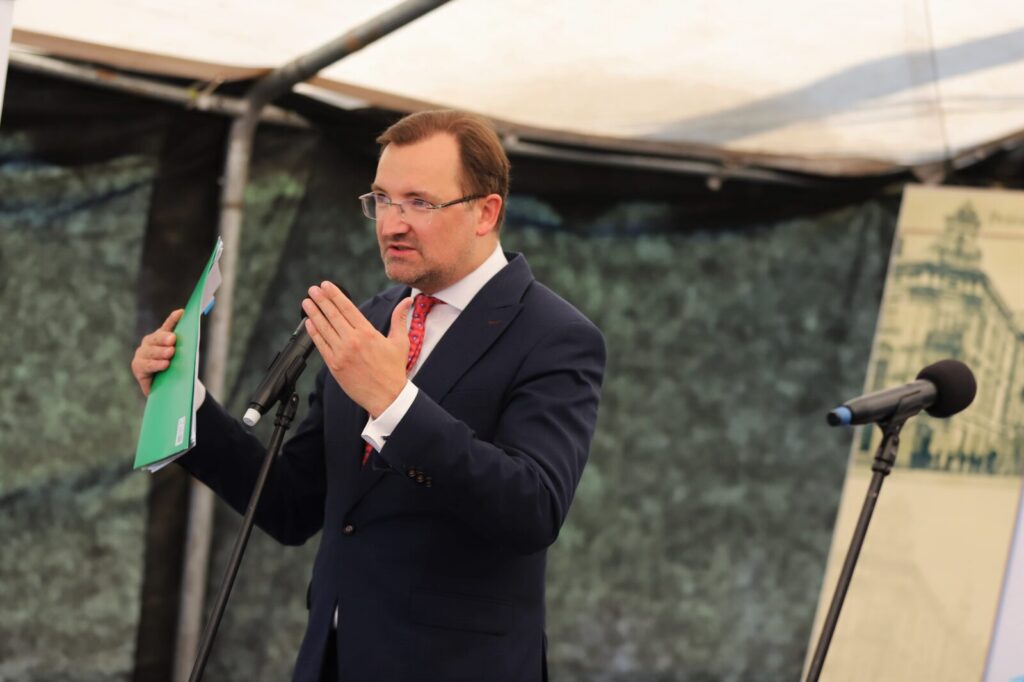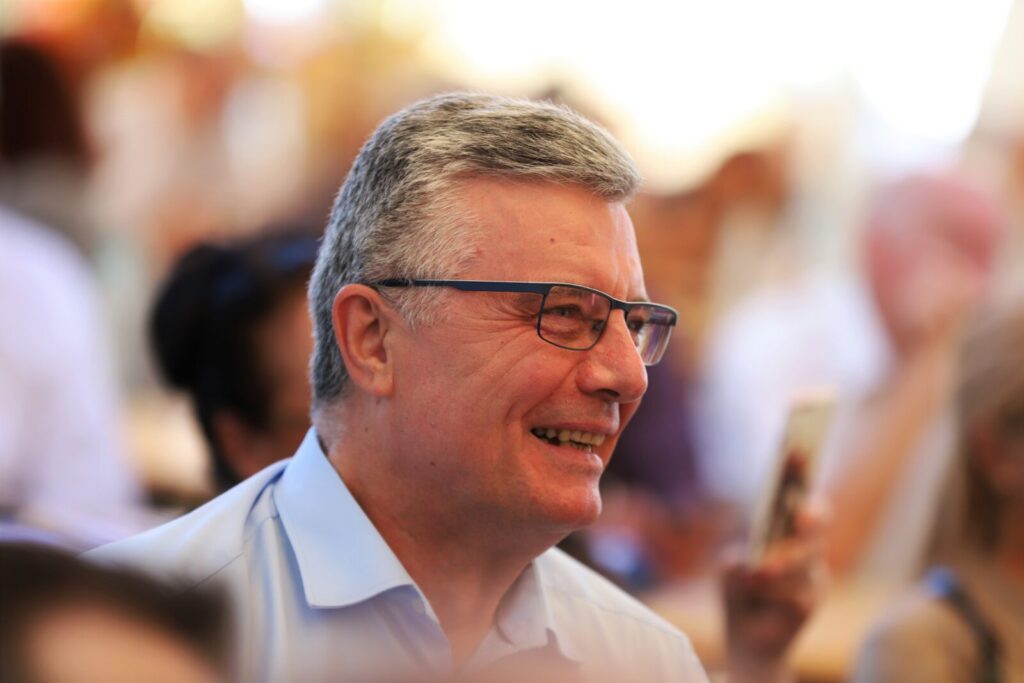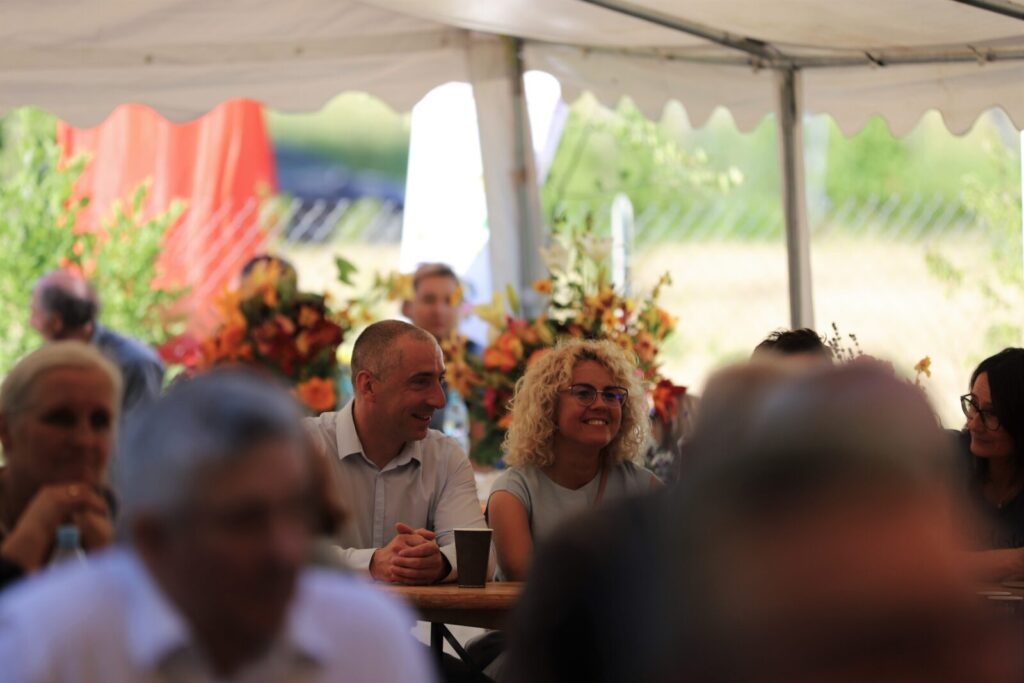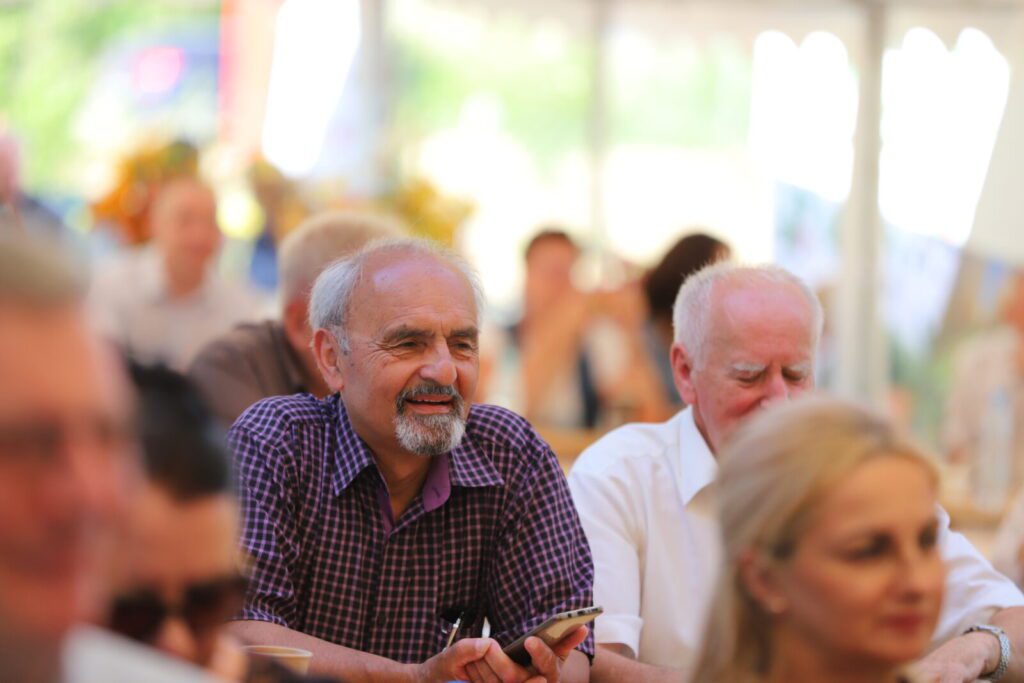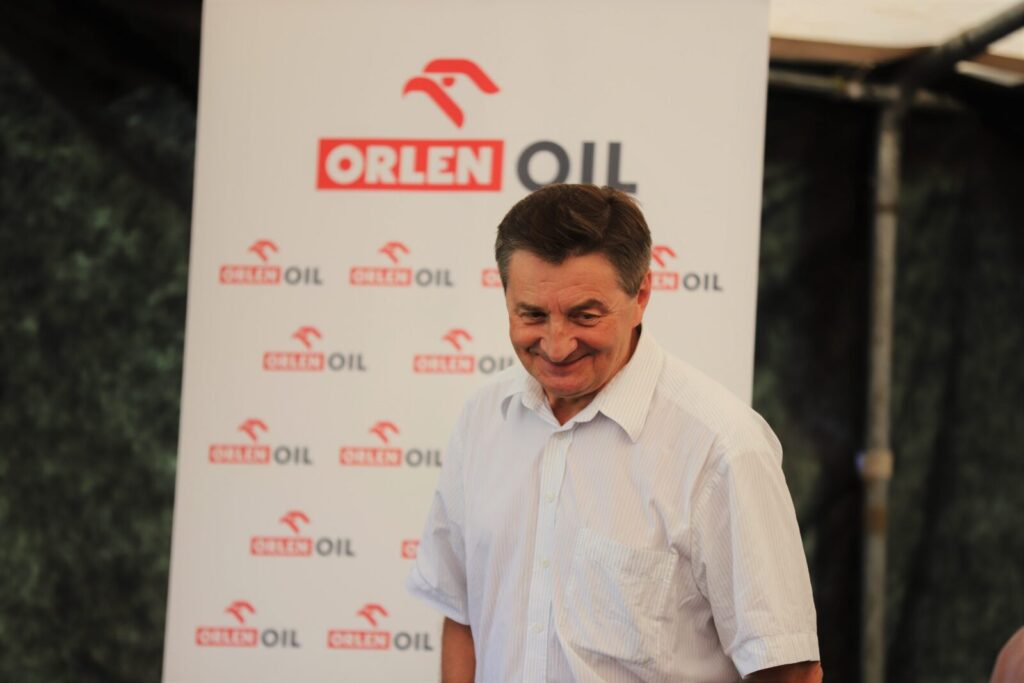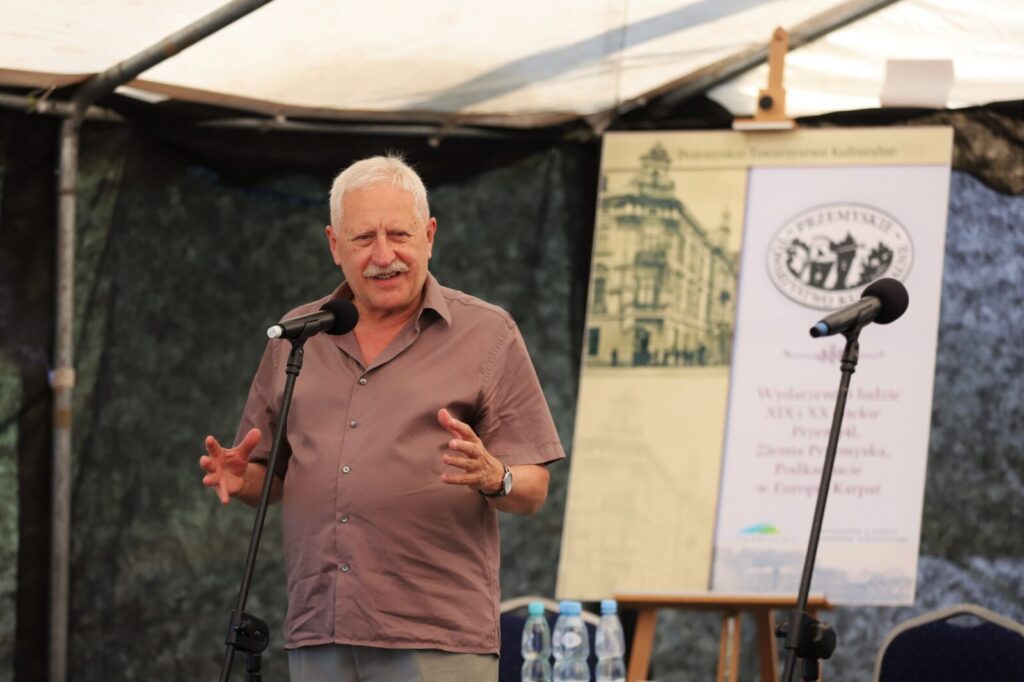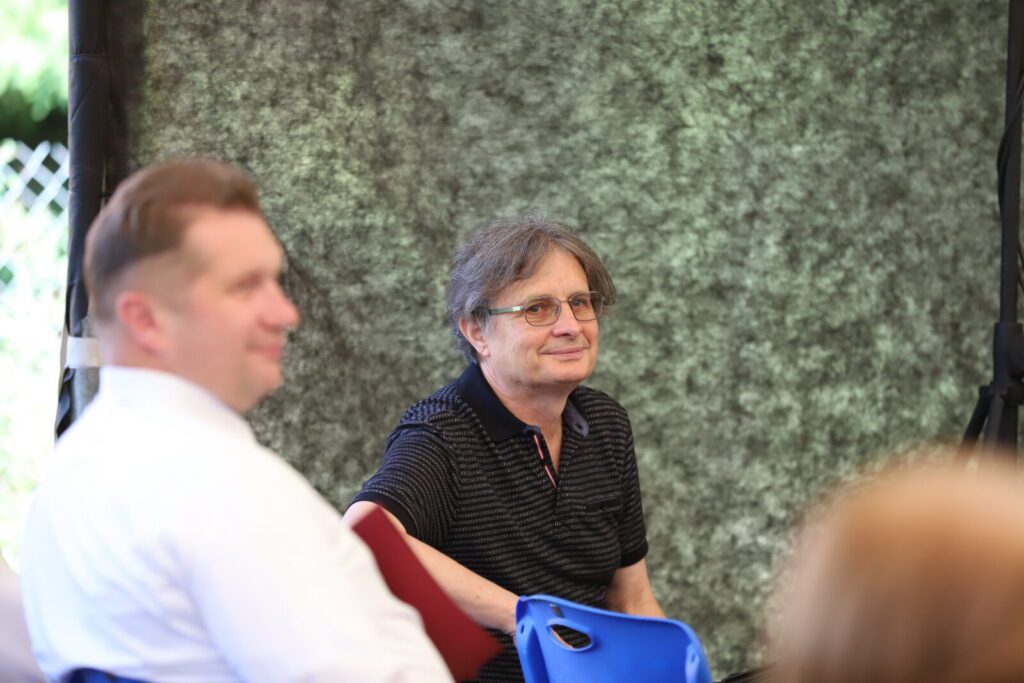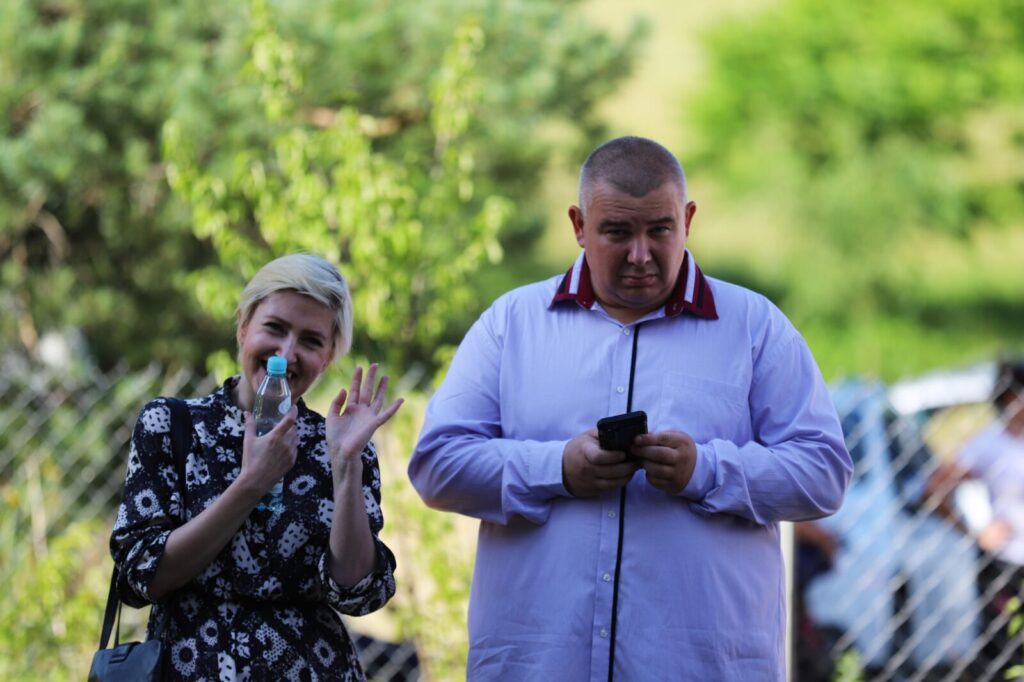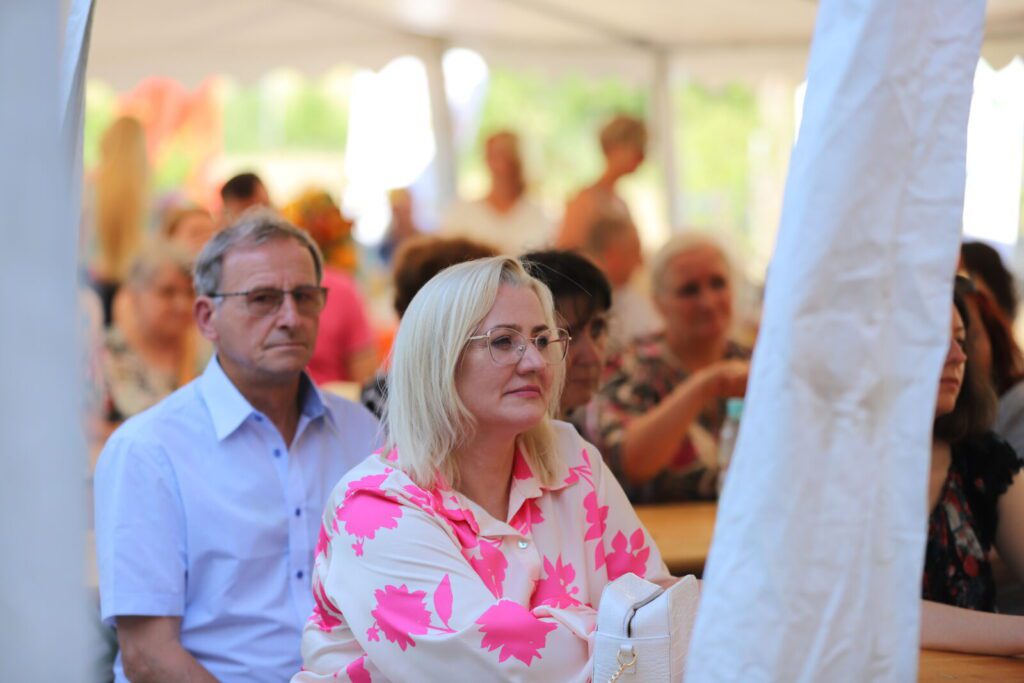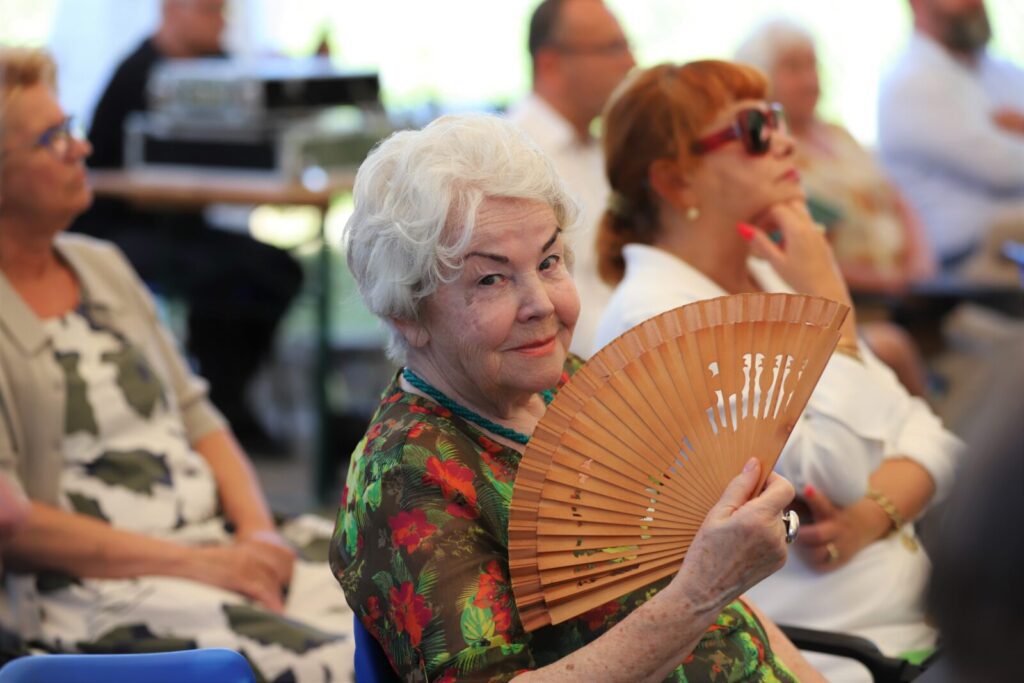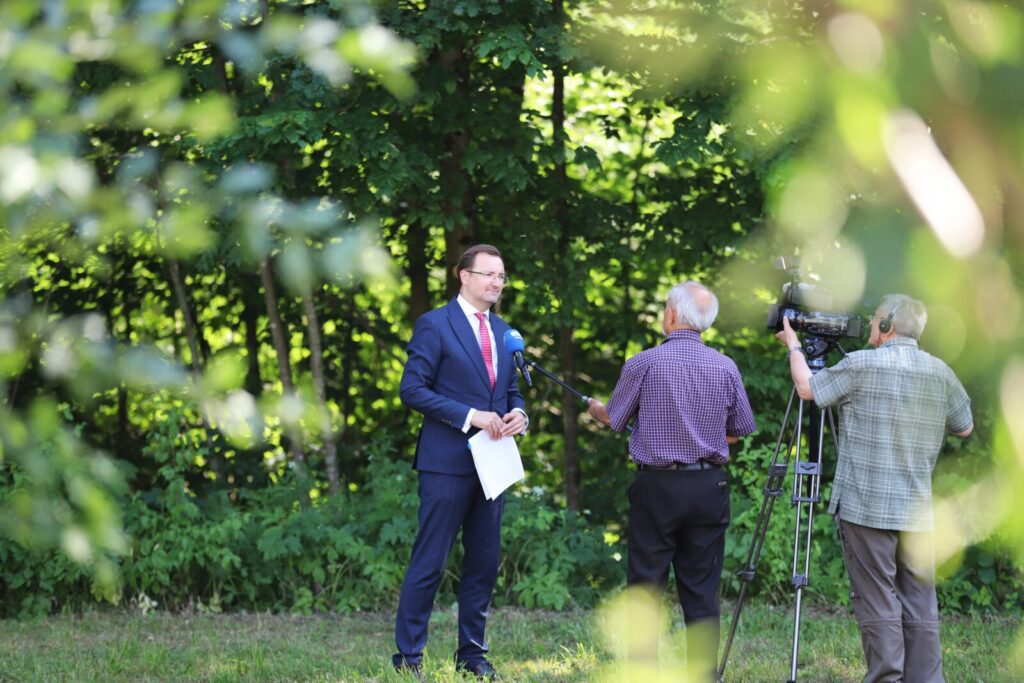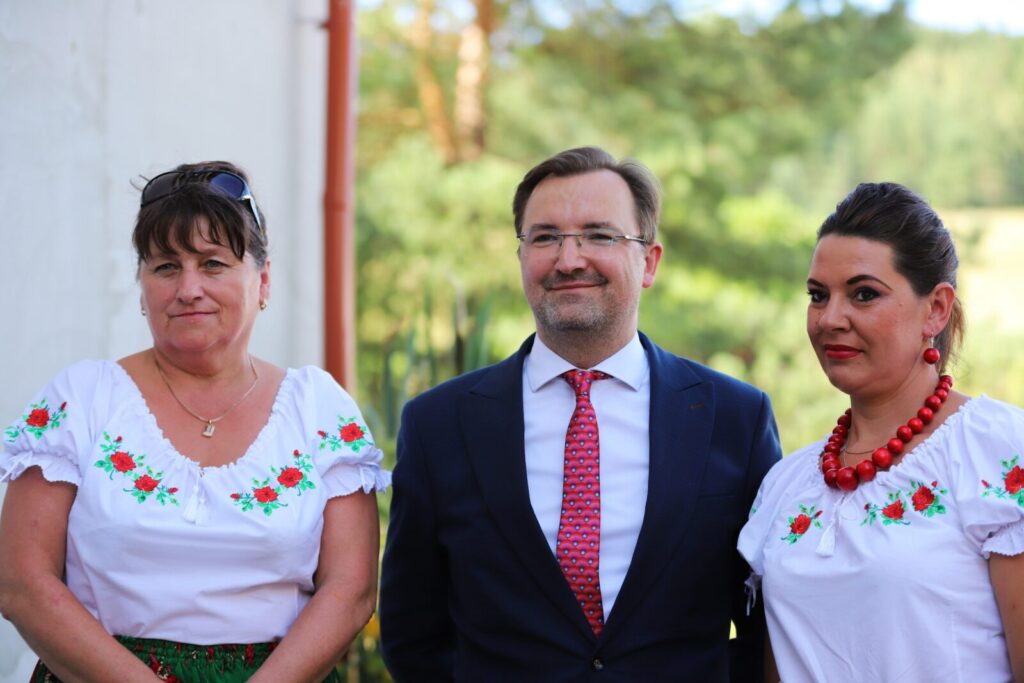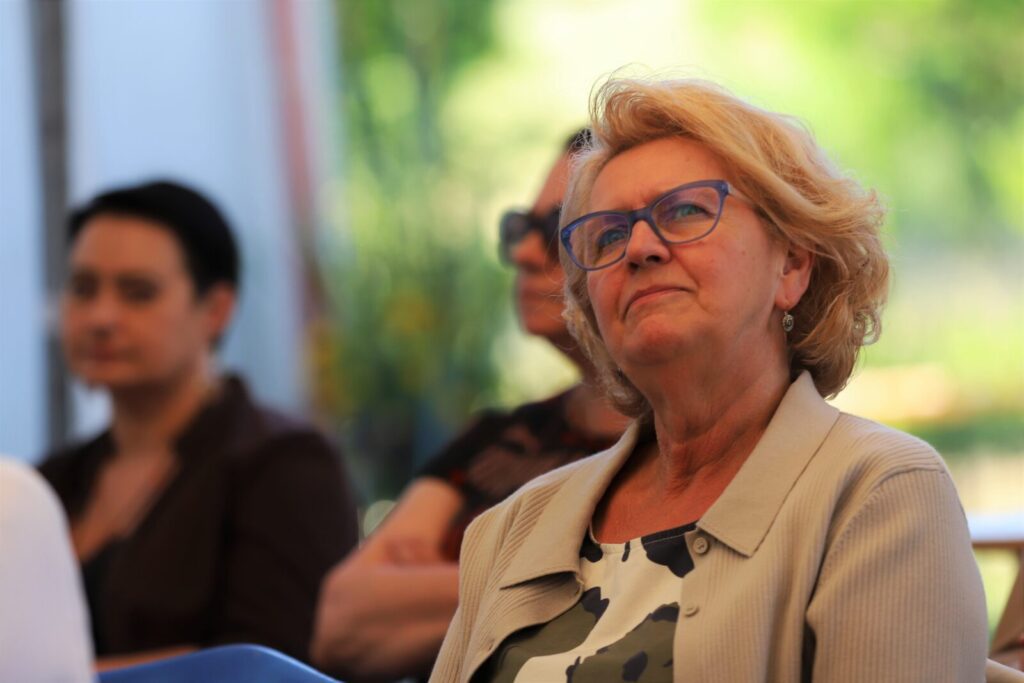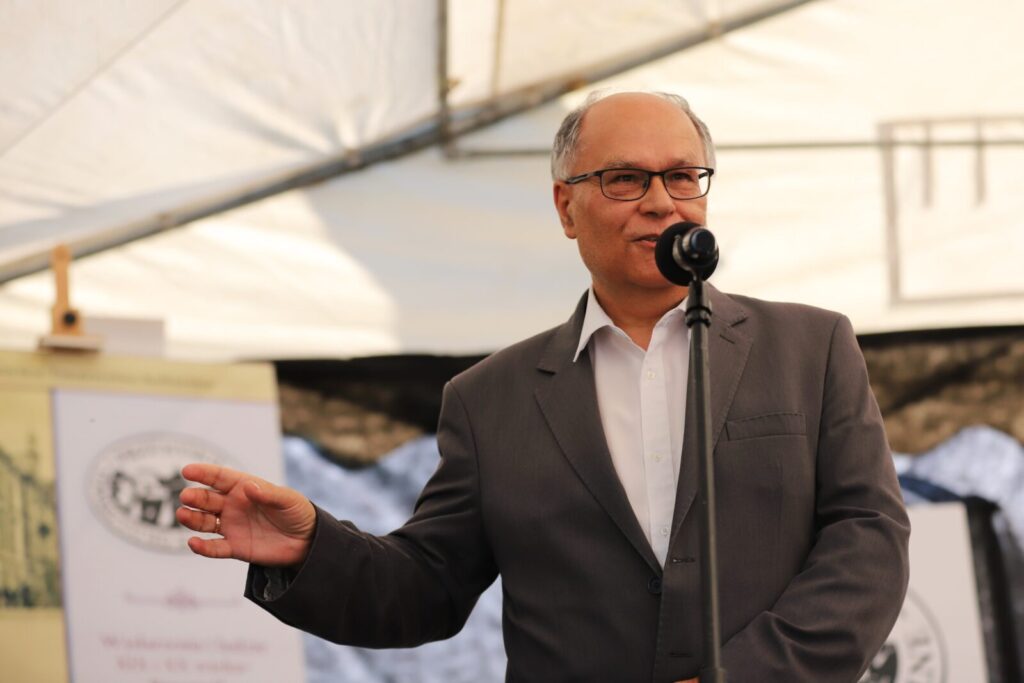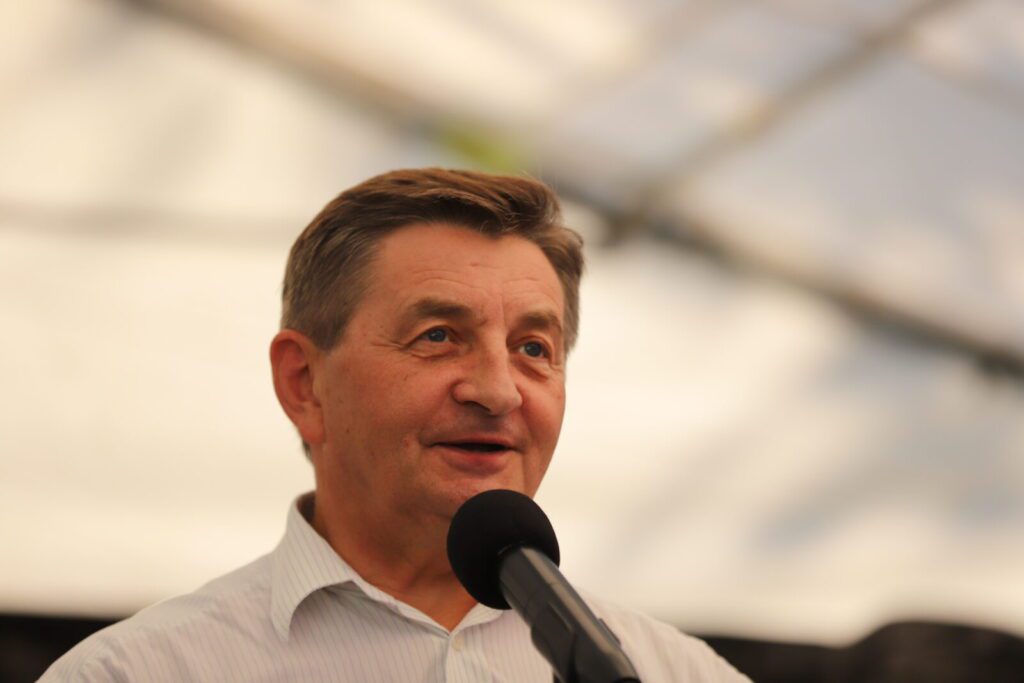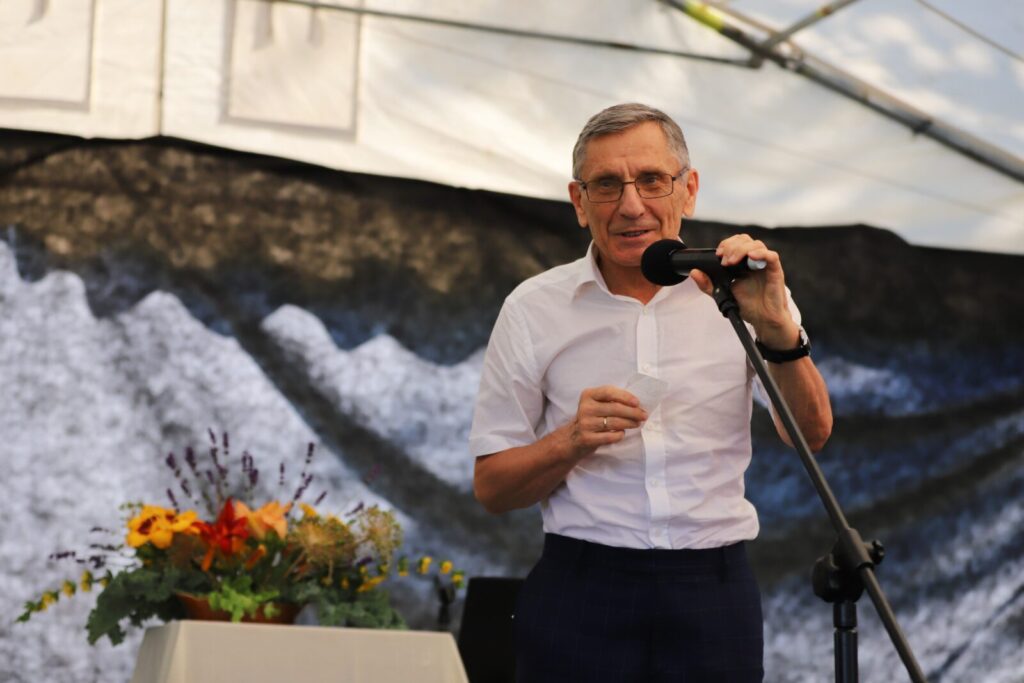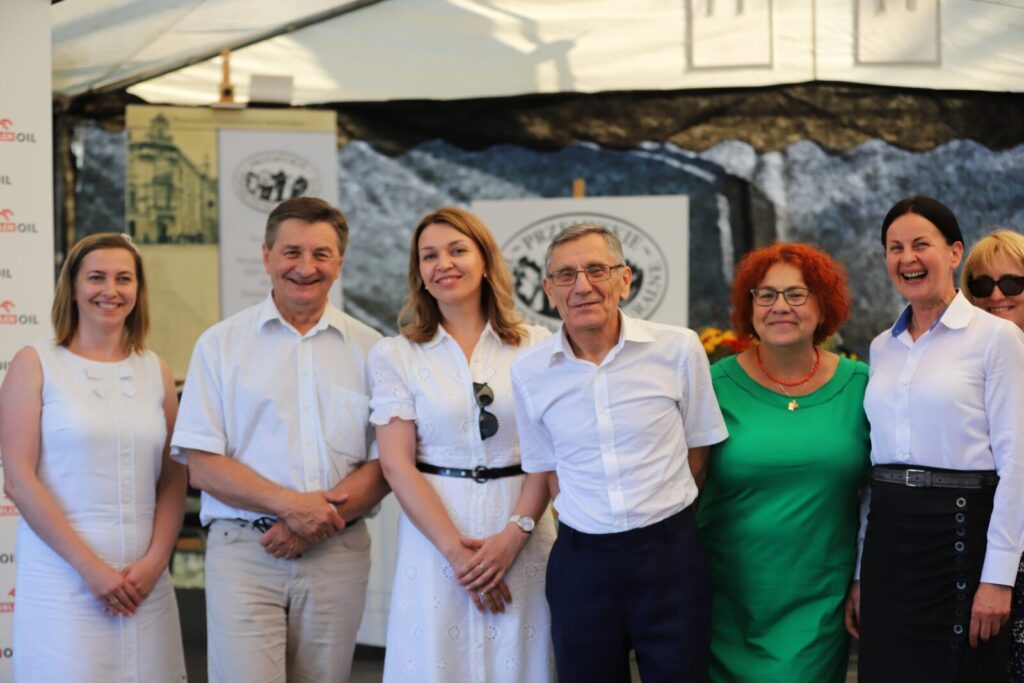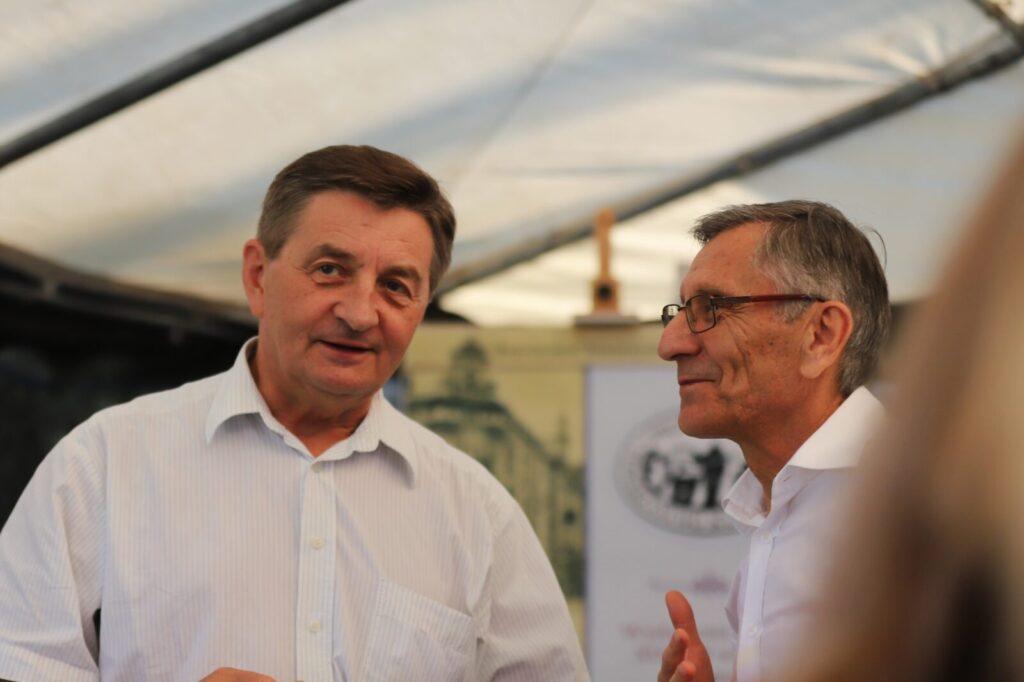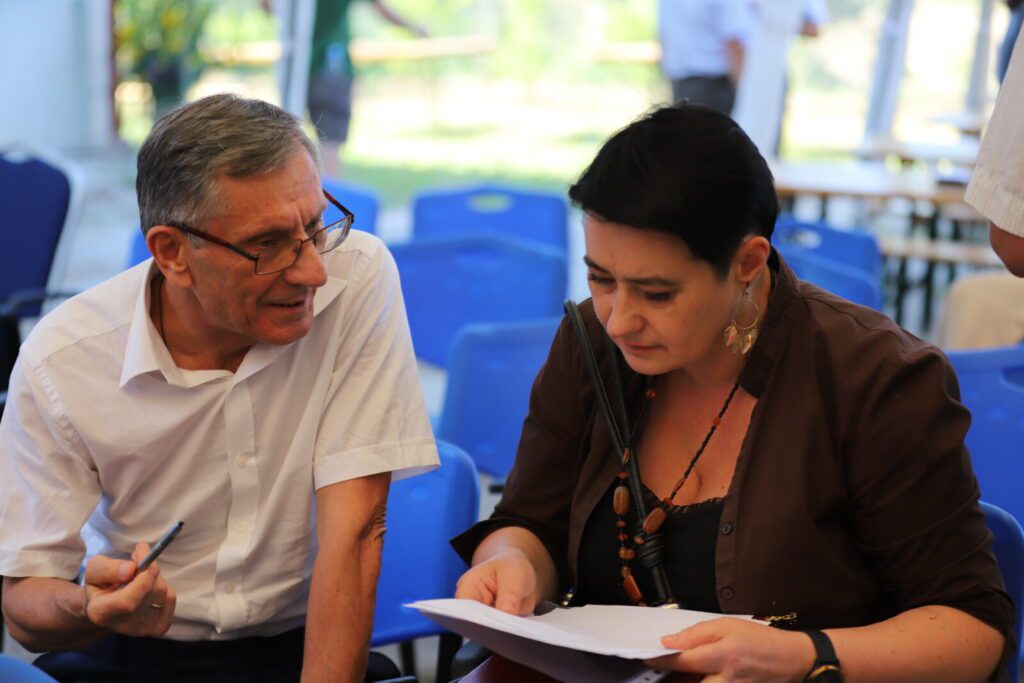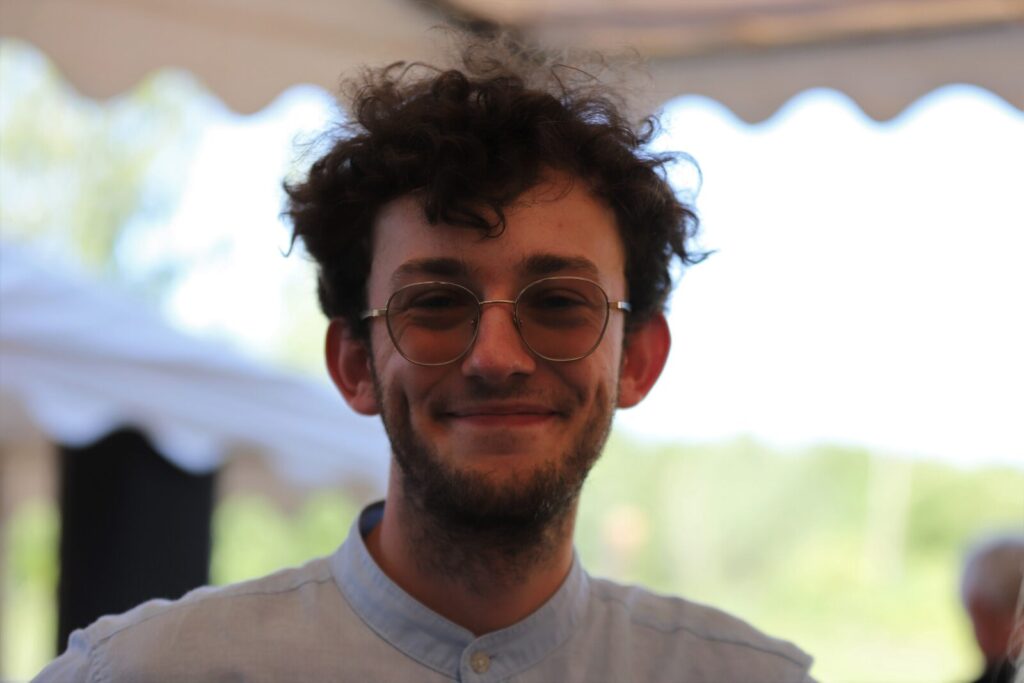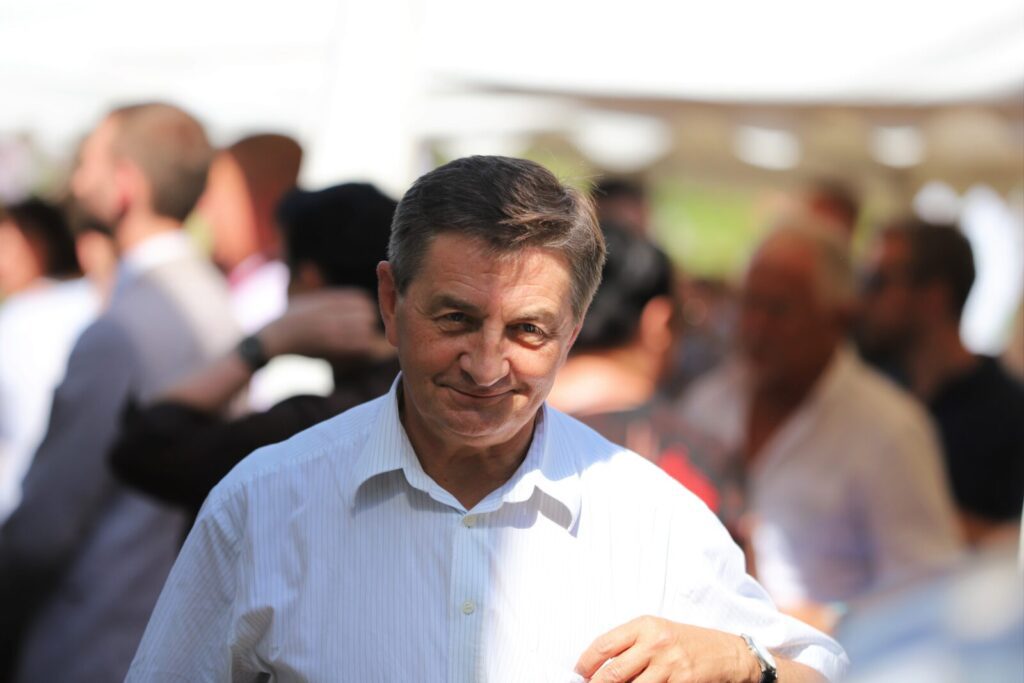The branch of the Arboretum in Cisowa, Subcarpathia, hosted a conference of the Przemyśl Cultural Society on July 3, titled "The Cultural Association. Events and people of the 19th and 20th centuries - Przemyśl, Przemyśl Land and Subcarpathia in the Carpathian Europe.
- We focus not only on the land of Podkarpacie, but also on the whole of Central Europe, the Europe of the Carpathians. In this way, we join in the search for attributes, symbols of the region, showing that Central Europe has its own identity," said Foreign Affairs Committee Chairman Marek Kuchcinski, who is also president of the reactivated Society. which thrived in the 1980s and published, among other things, "Cultural Attic", "Spojrzenia Przemyskie", organizing exhibitions or meetings of intellectuals from around the world.
The conference in Cisowa was the second meeting in the series, the previous one having been held during the Europe of the Carpathians conference in May this year. The main theme of the meeting was cultural and natural heritage, based on the example of the achievements of, among others, Jan Gwalbert Pawlikowski and Jerzy Piórecki, brought closer by the director of the Arboretum Narcissus Piórecki and President of the Society of Friends of Science Waldemar Wiglusz, and images of the Carpathian Mountains in the works of prominent figures, including Stanislaw Vincenz, Kazimierz Wierzynski and St. John Paul II, which were presented by Professor. Krzysztof Dybciak, whose lecture we present in full:
Heritage is the legacy we receive from previous generations and with which we equip those who come after us. There are no more places on Earth that are unchanged, untransformed, or undegraded by human activity.
We have nothing to boast about, and even shame is not enough if we look at the state of nature, which we pass on to the younger inhabitants of the Earth. In the sad landscape of selfishness, greed, lack of knowledge, subordination of the common good to their own interests, however, we meet outstanding personalities - signposts. These people, with their courage, talent and diligence, tried in the past and are trying today to preserve, protect or at least describe, some crumb of nature they loved," said the director of the Bolestraszyce Arboretum during a Sunday conference of the Przemyśl Cultural Society at its branch in Cisowa in the Subcarpathian region. Narcyz Piórecki He presented profiles of 19th-century botanists from Lviv and the Przemyśl area, including Jan Gwalbert Aleksander Pawlikowski, who in 1934 led to the adoption of a parliamentary law on the protection of nature in force until 1949, stating that "Protected are the creations of nature, as: the earth, its formations and formations, caves, standing and flowing waters, waterfalls, the banks of these waters, animals, plants, minerals, fossils."
Minister of Education was a special guest at the PTK conference Przemyslaw Czarnek and the vice president of the National Environmental Protection Fund Slawomir Mazurek.
Slawomir Mazurek He presented the tasks supported by NFOŚ, namely sustainable development, adaptation to climate change, energy transition, transition to renewable energy sources, eco-mobility, low-carbon closed-loop economy, rational use of water. - What until recently in the sphere of ecology was just an idea or vision, before our eyes is becoming a current challenge , and more and more often an everyday practice," stressed the deputy chairman of the National Environmental Protection Fund. Mazurek pointed out that the great climate reform, called the green revolution, in practice involves almost all industries. The effects of the war as well as this revolution are already felt by every household, and the Polish state with its structures must and is well prepared for this.
Przemyslaw Czarnek He said that in the era of the anti-Christian cultural and social revolution, passing on to children and young people the true vision of man, his roles in society, his nature, including information about his sexuality in the context of love between people, appears necessary to save and pass on to the next generation the achievements and foundations of Latin, Christian civilization, he said.
He also explained the need to restore the teaching of recent history in the context of the present, within the subject of History and the Present.
- Younger generations of Poles are unfamiliar with recent history and historical processes that have a direct impact on current reality. That is why they are so susceptible to manipulations that are harmful to them. We are putting an end to this. We are introducing a new subject in the first and second grades of secondary school for everyone," he said.
- If we are talking about the common good of society, this cannot be separated from a specific cultural heritage. However, the word "heritage" describes both something present today and its origin in history. Yes, we inherit certain ways of cultivating the common good - this is what makes us Poles, for example, and not Germans or Russians. In turn, we Poles have in heritage the rich culture of the Republic - both in that long history of the First Republic, and in that much shorter but so important history running through the 19th century and the new independence, then the extremely hard times of war and enslavement, all the way to the Third Republic and our day," the minister stressed.
- It's clear that both our education itself and the educational policy of the Polish state should start from Poland's cultural heritage and remain compatible with it. This is, by the way, a broad area, because our heritage is at the same time certain goods and principles, as well as a readiness to tolerantly respect a guest or refugee of a different culture," the minister said.
Photo by Marta Olejnik
